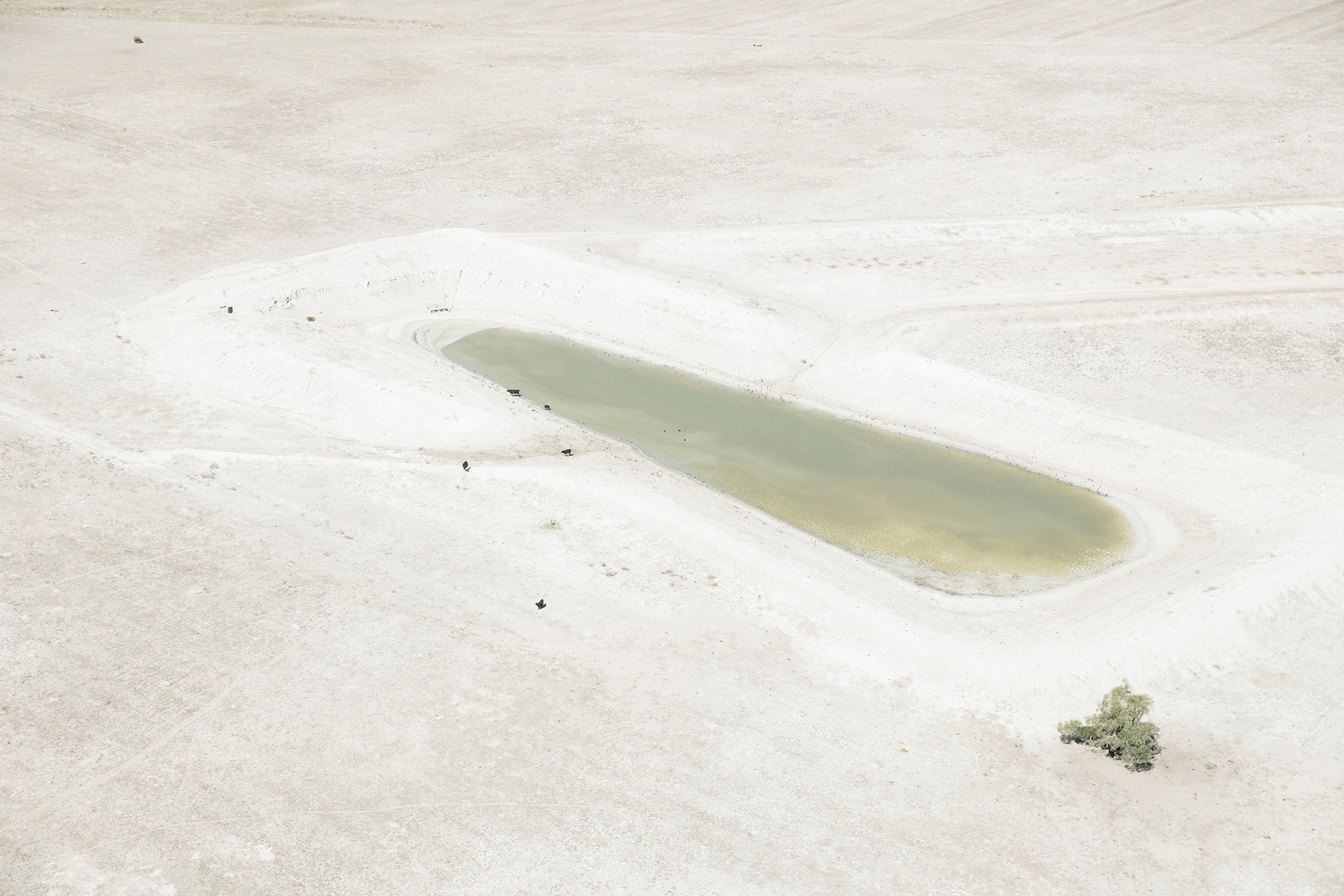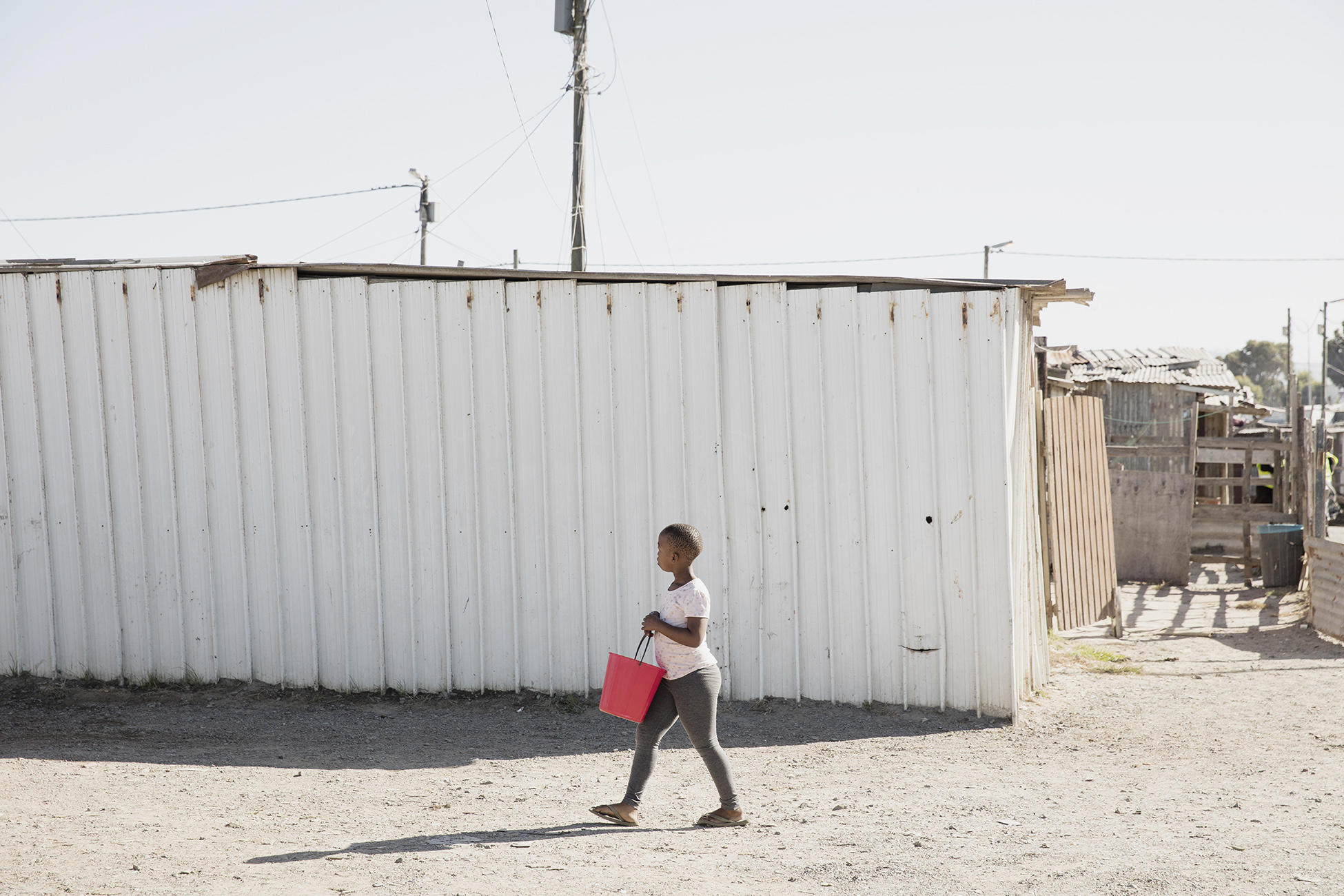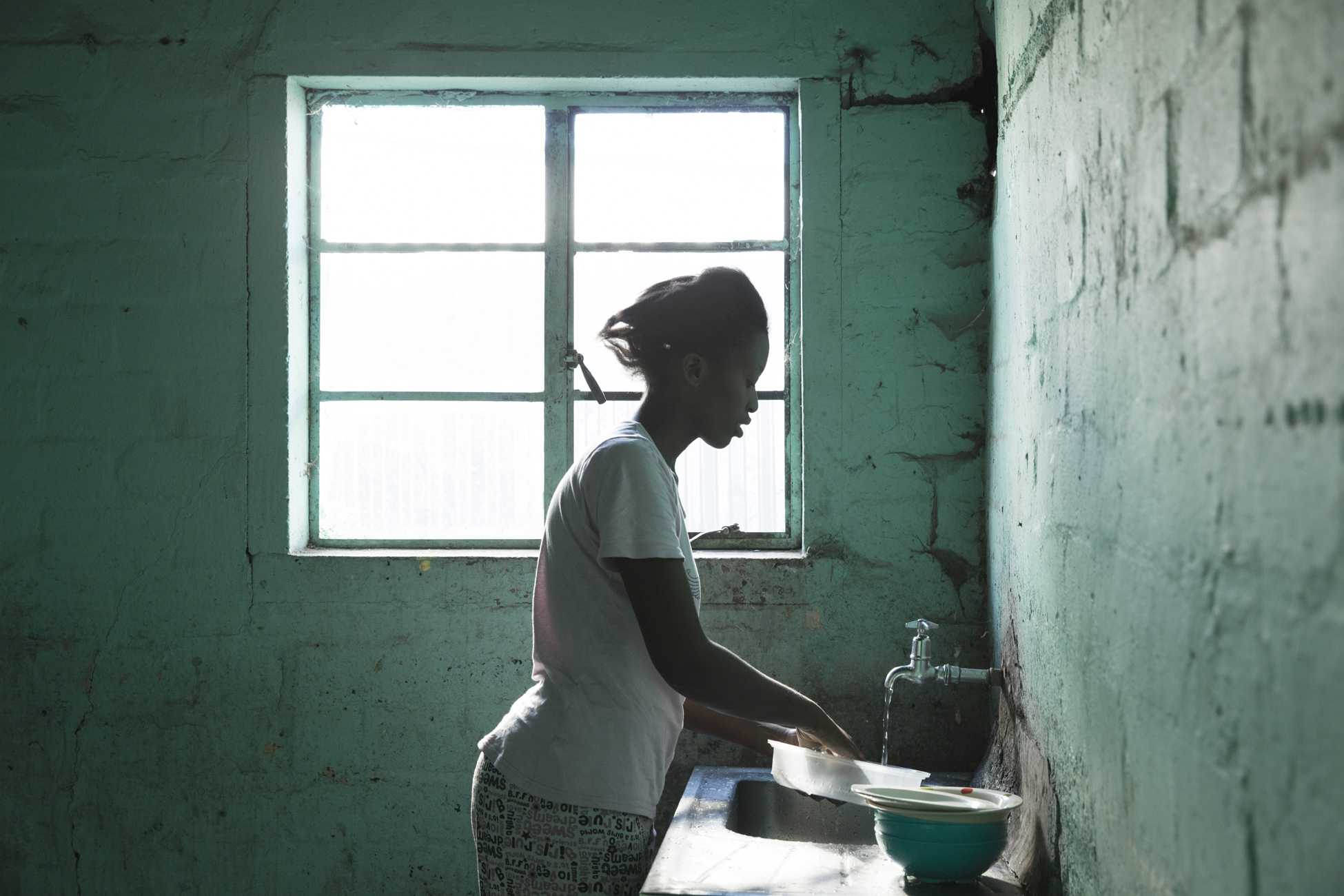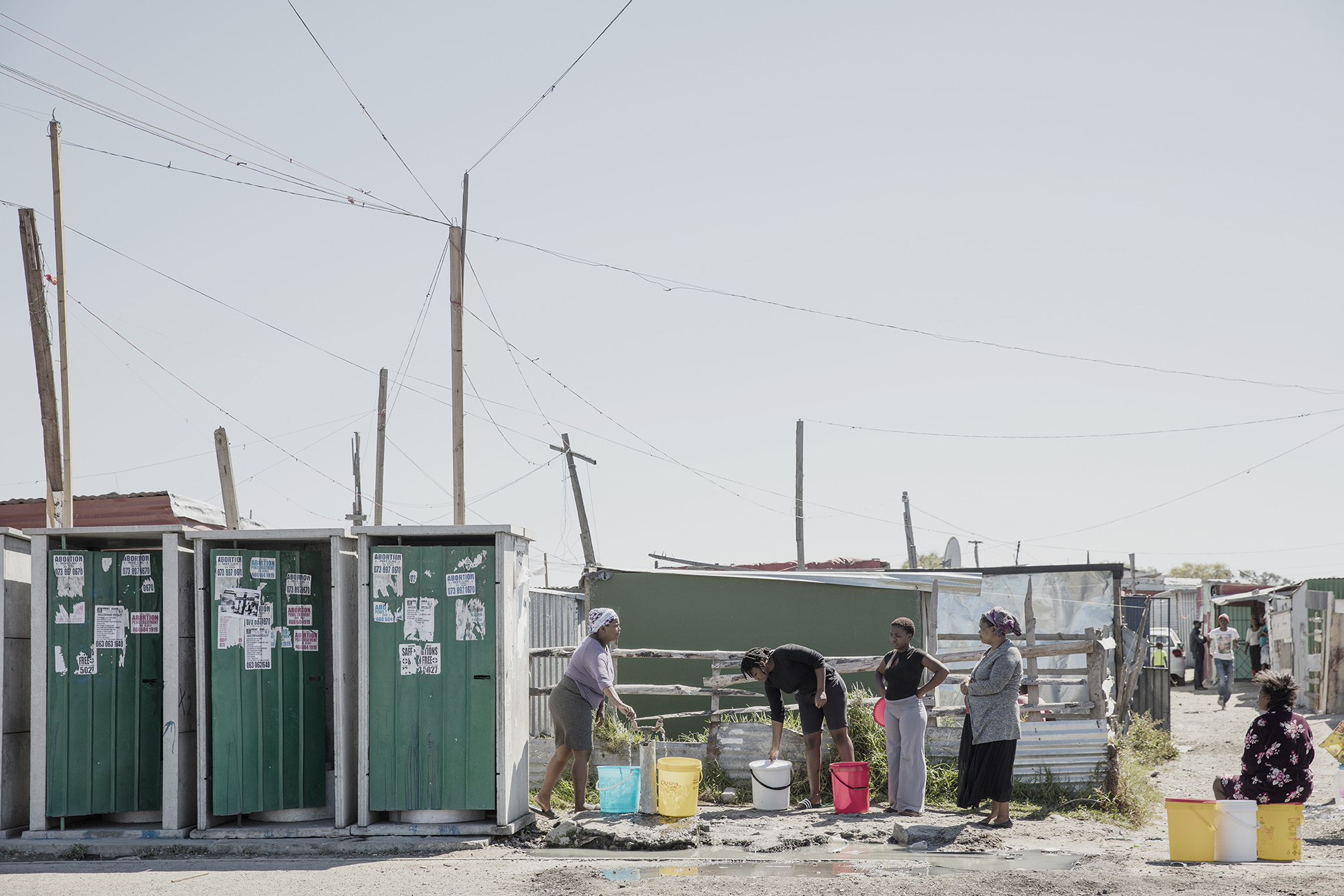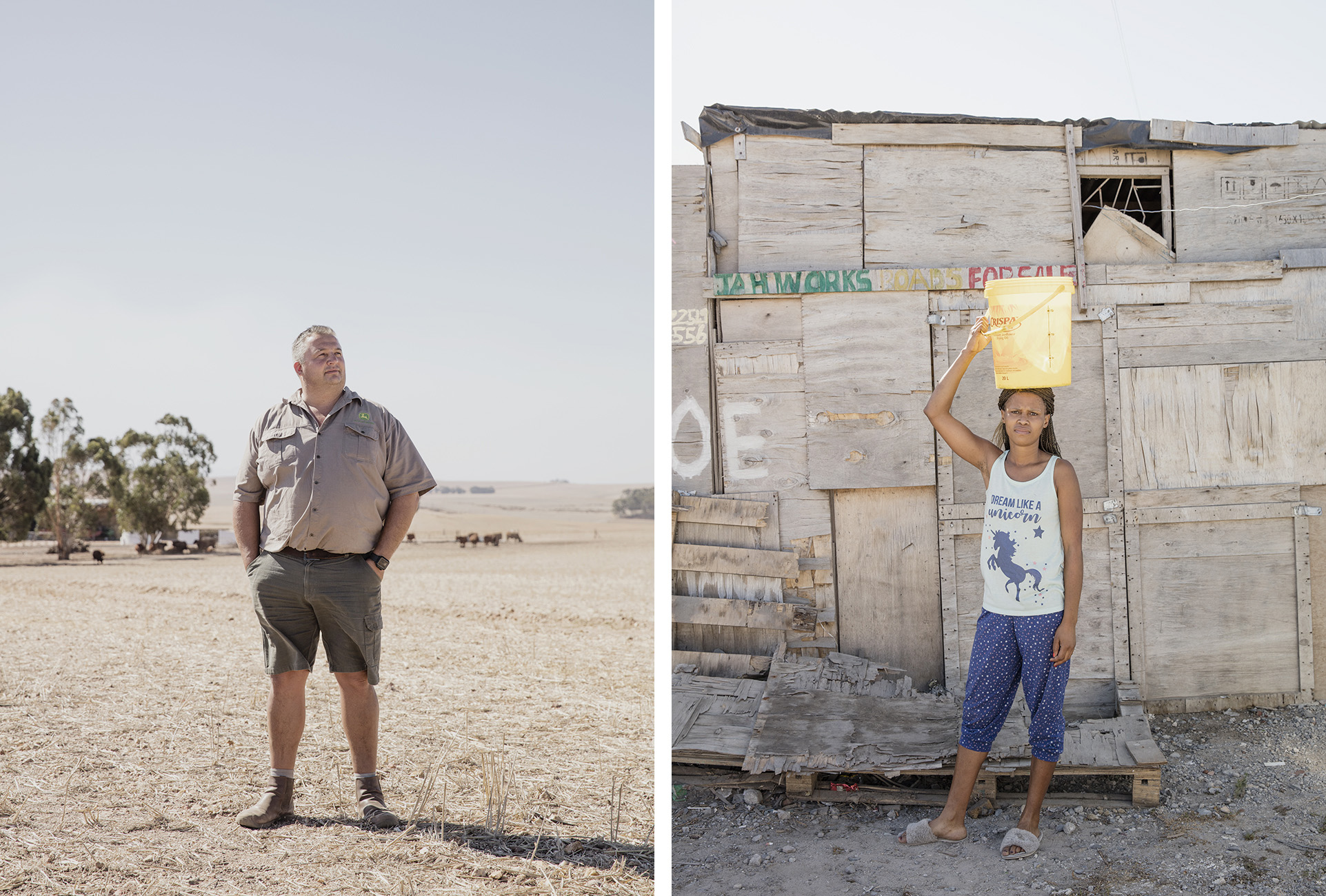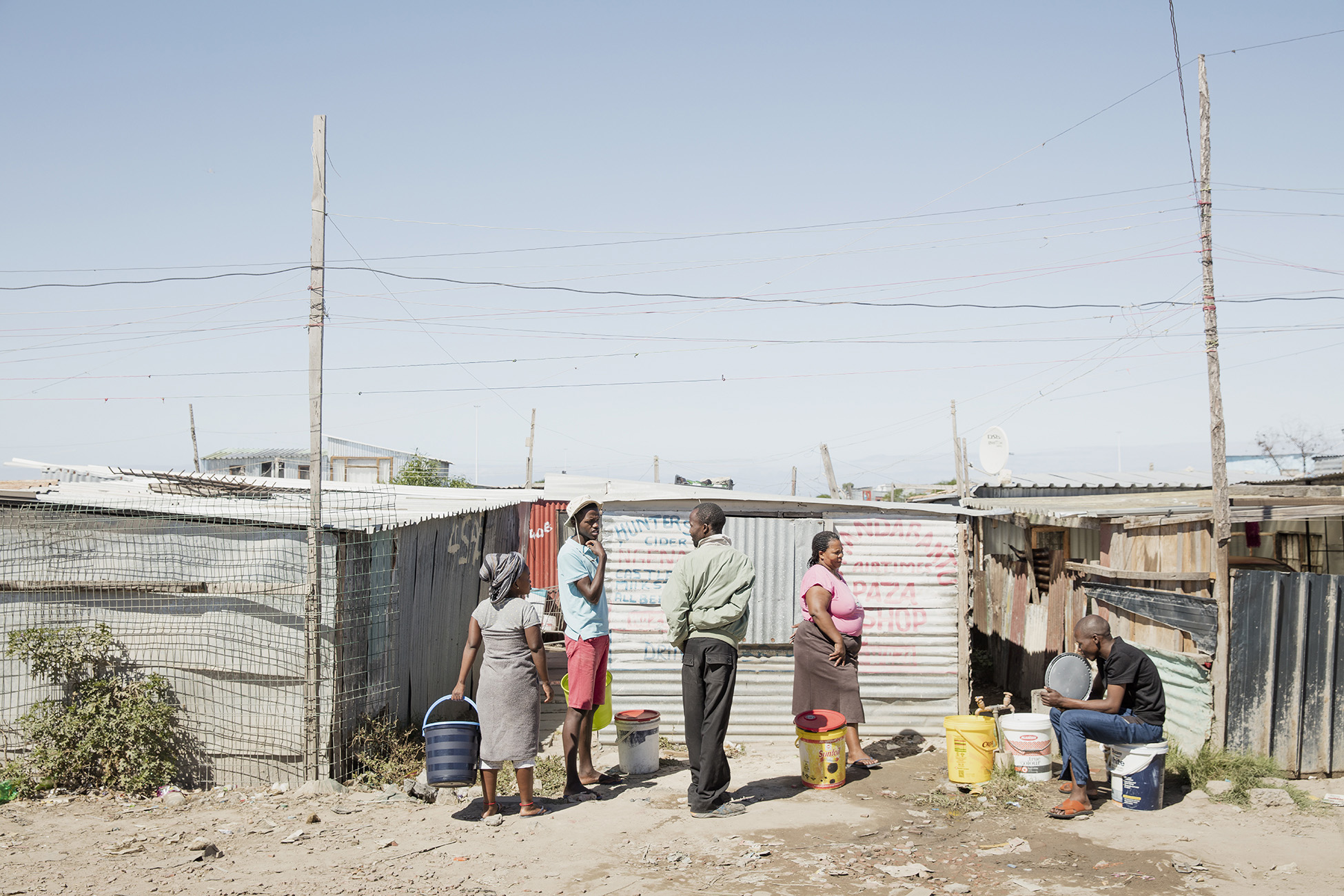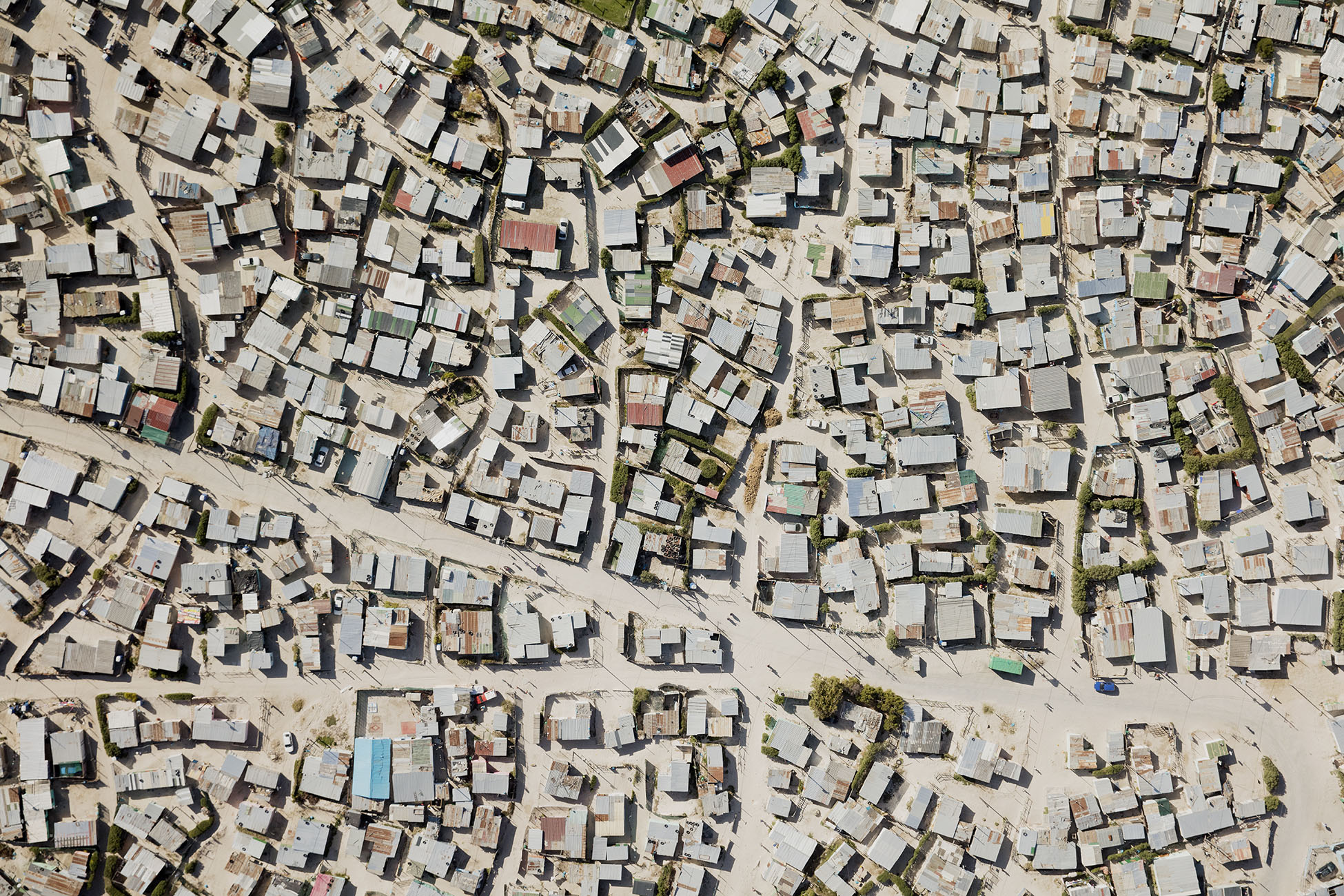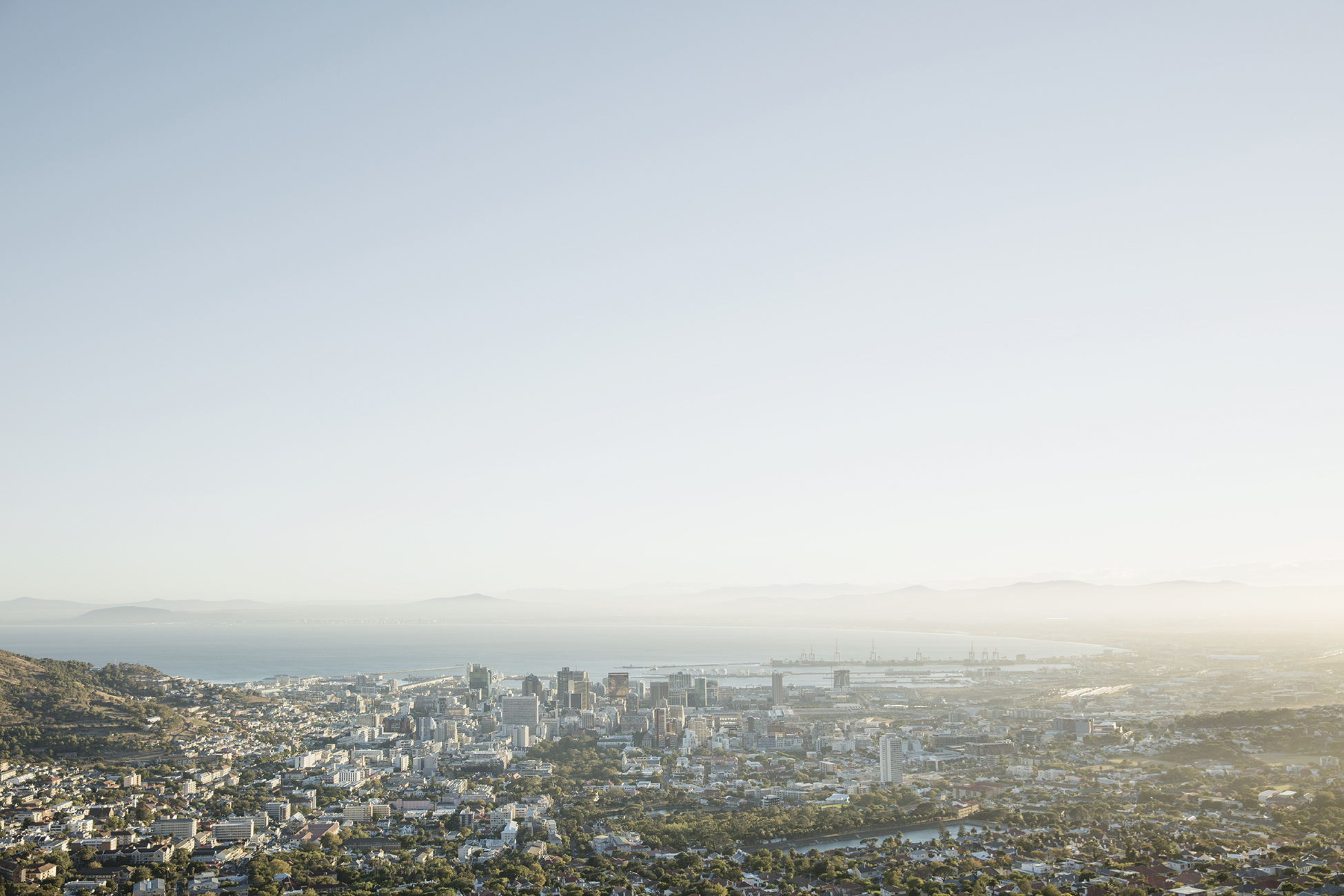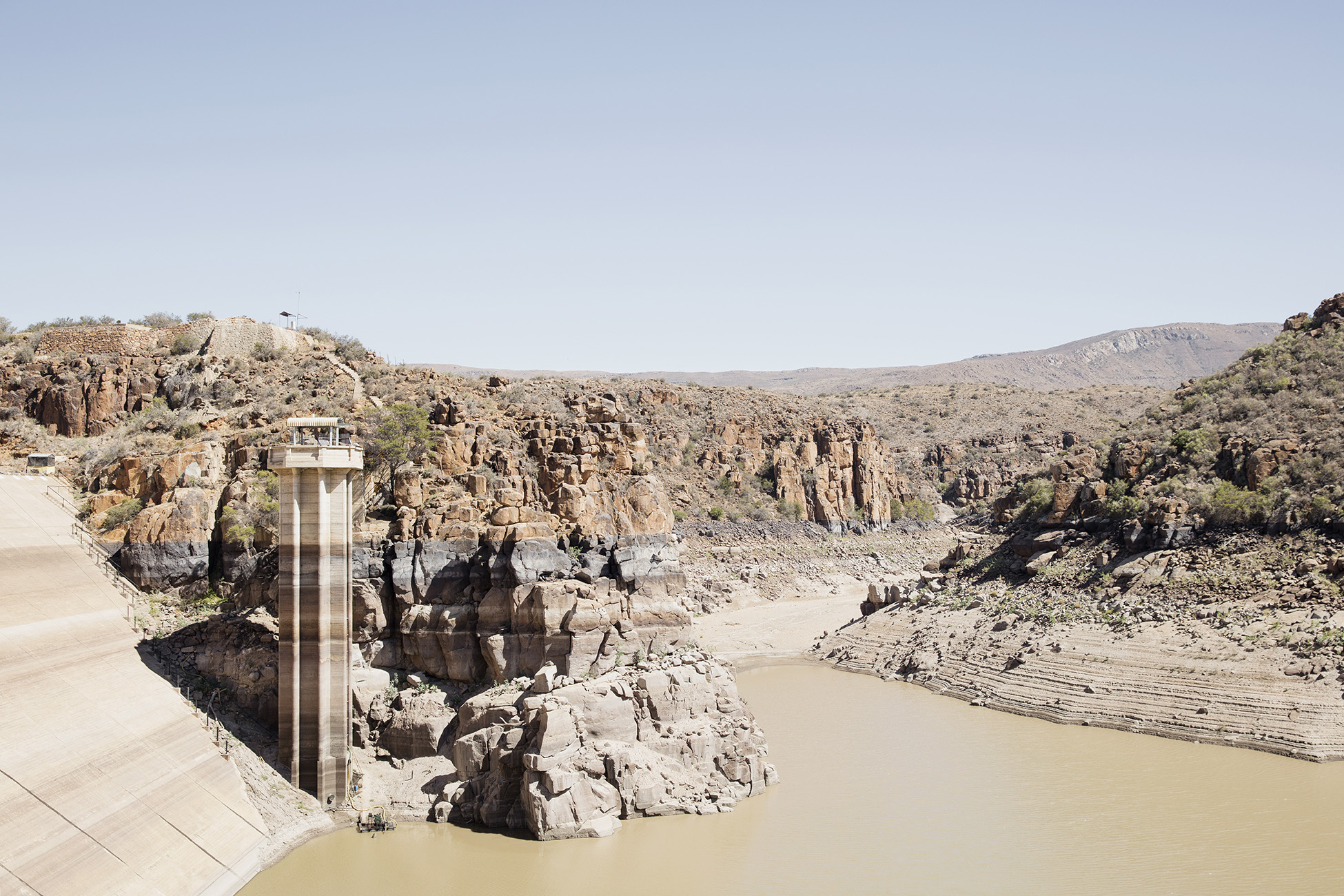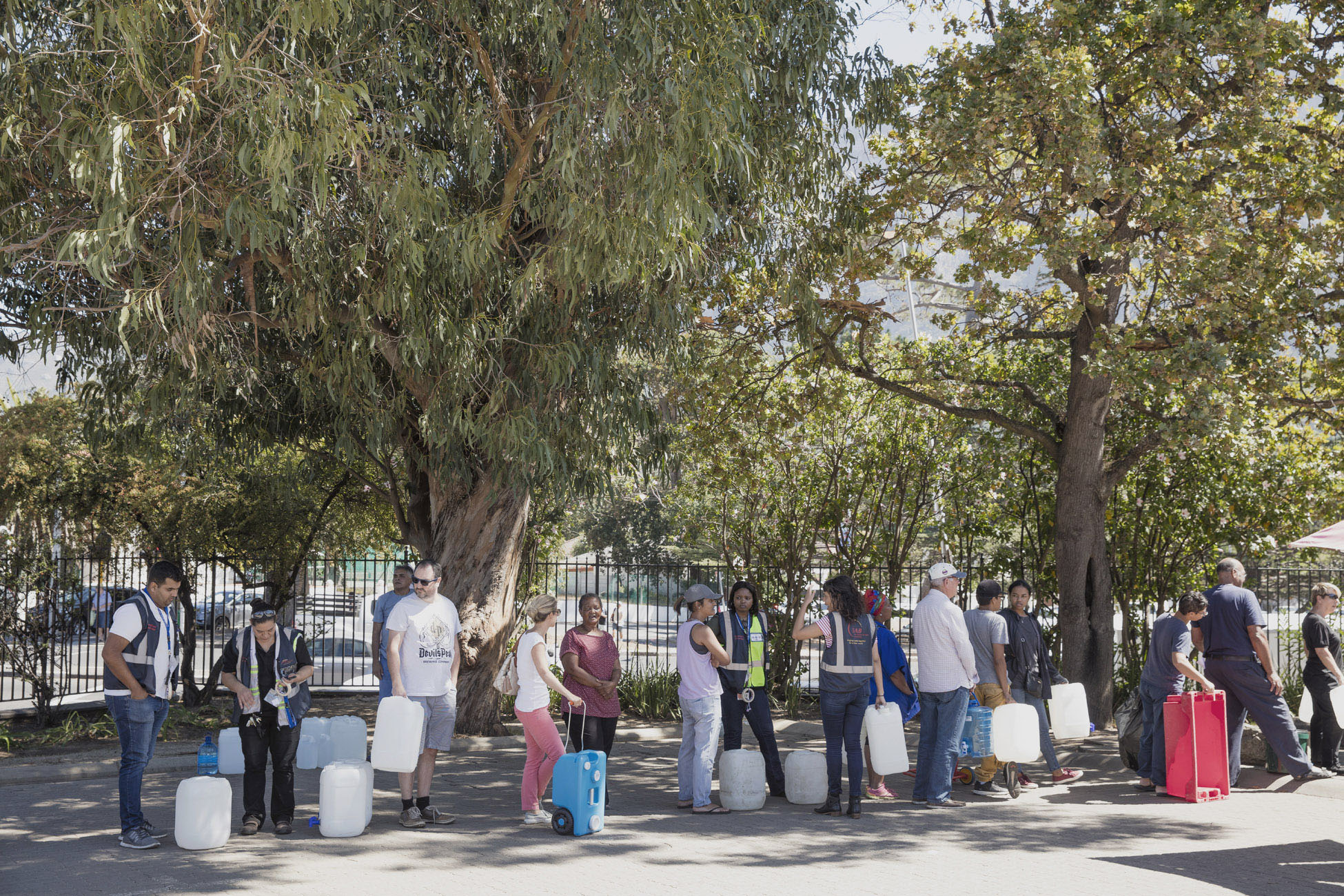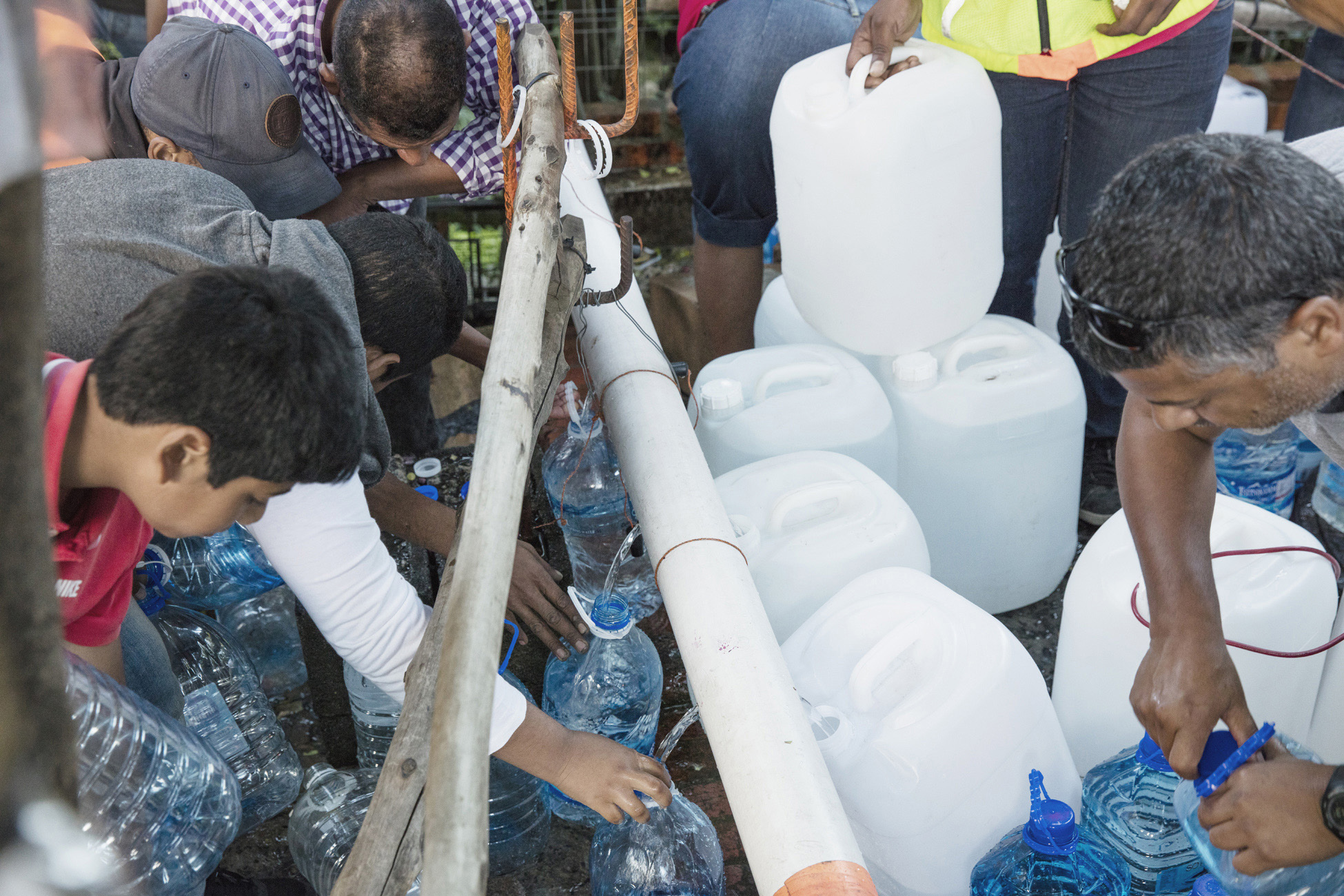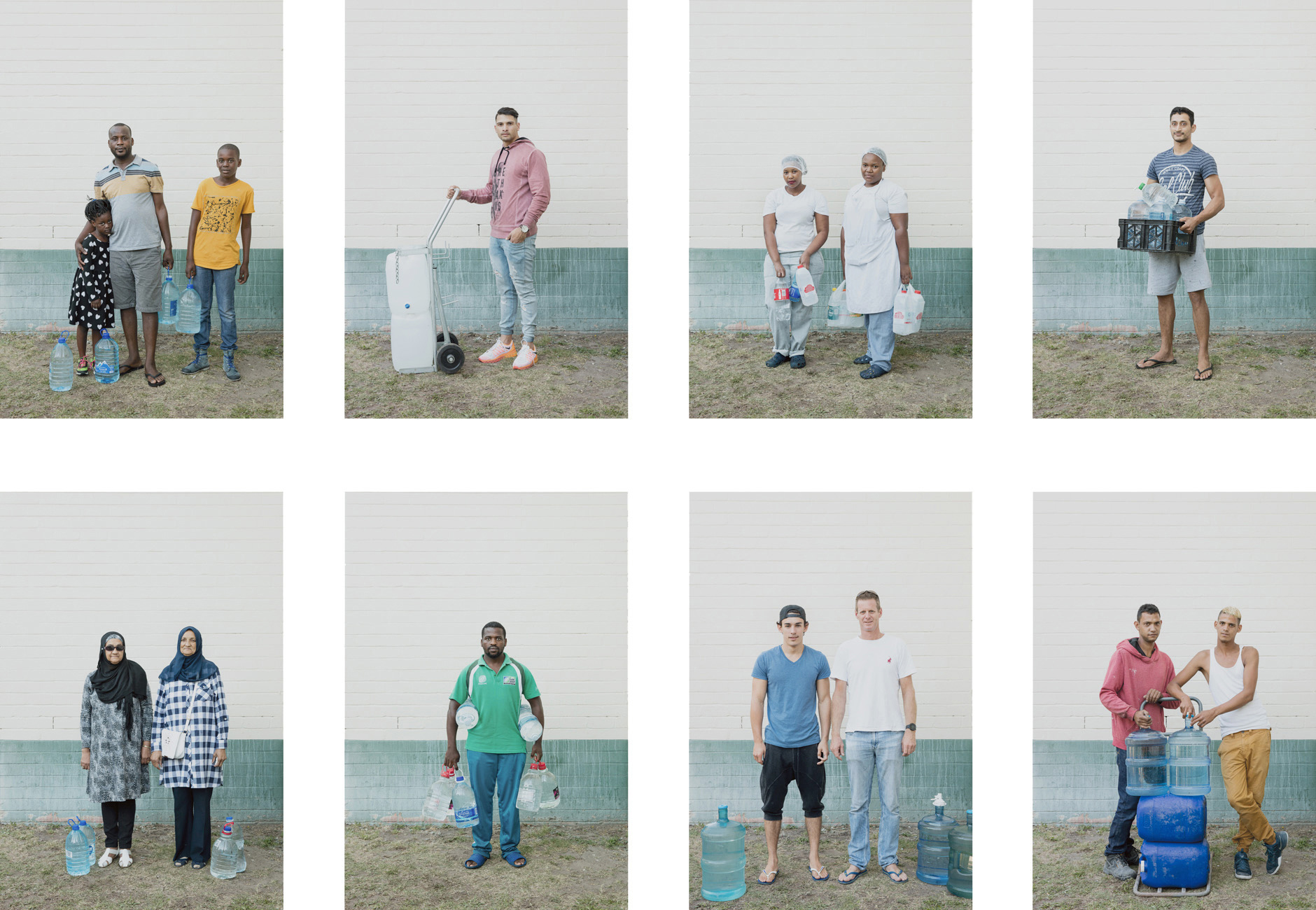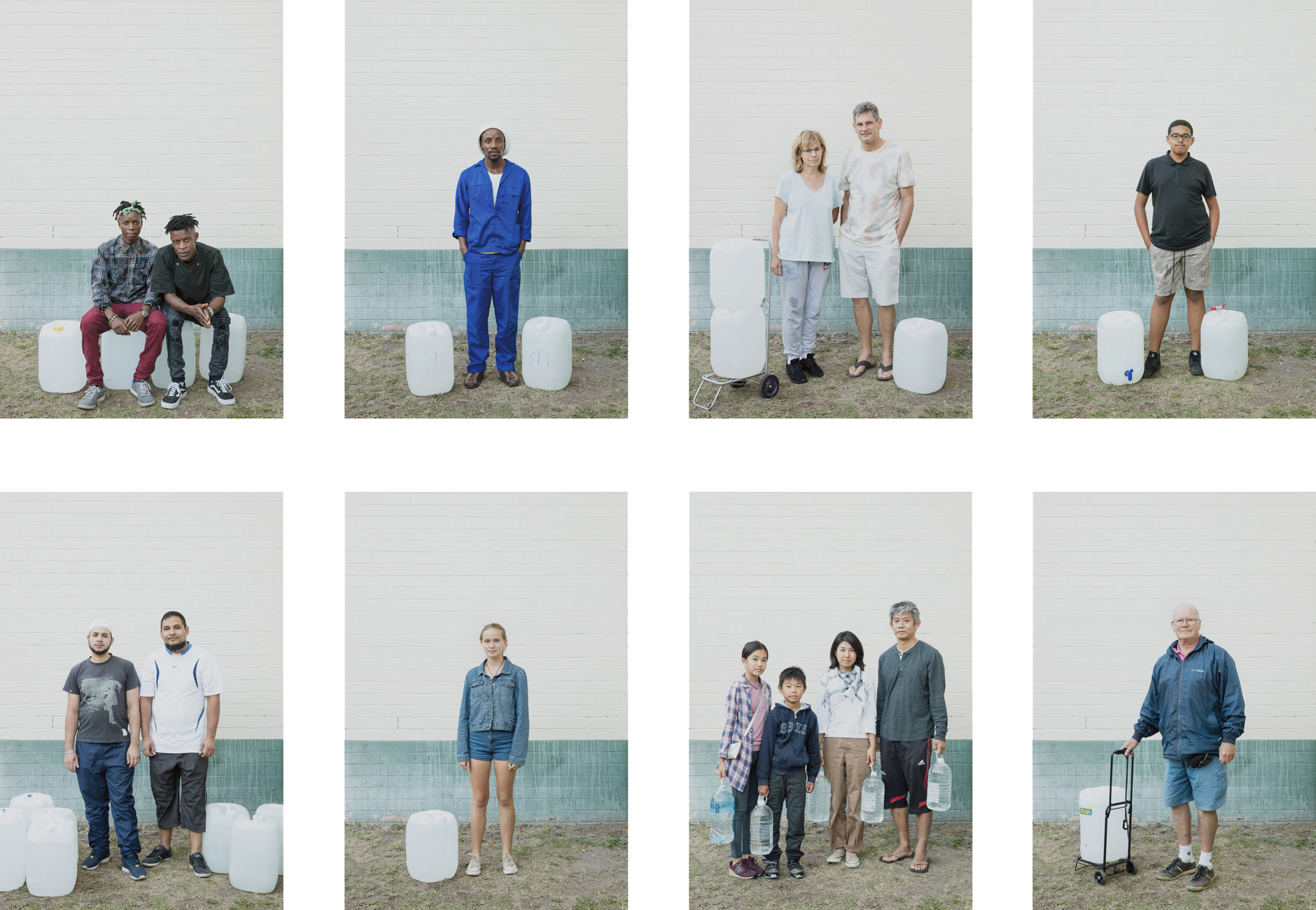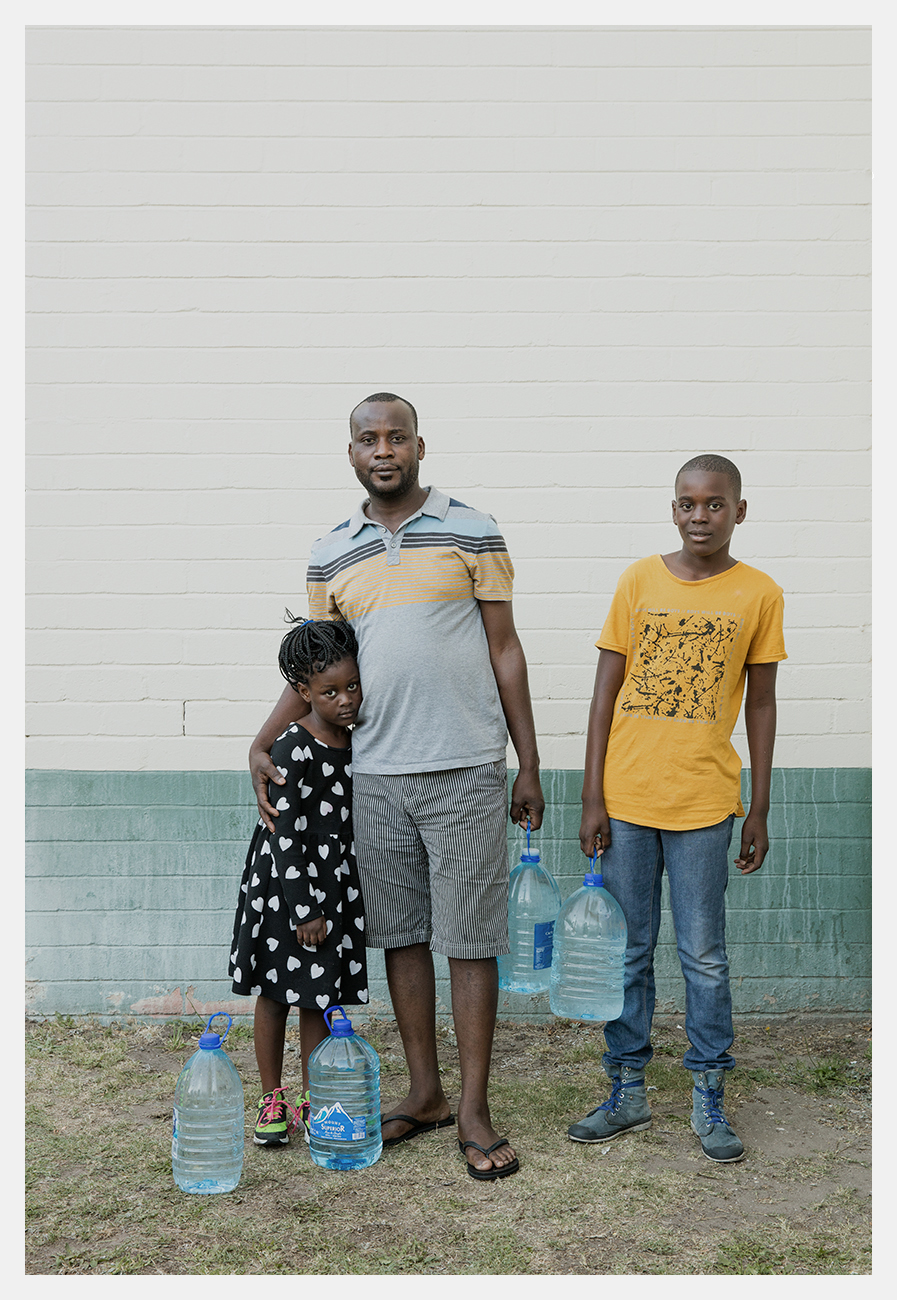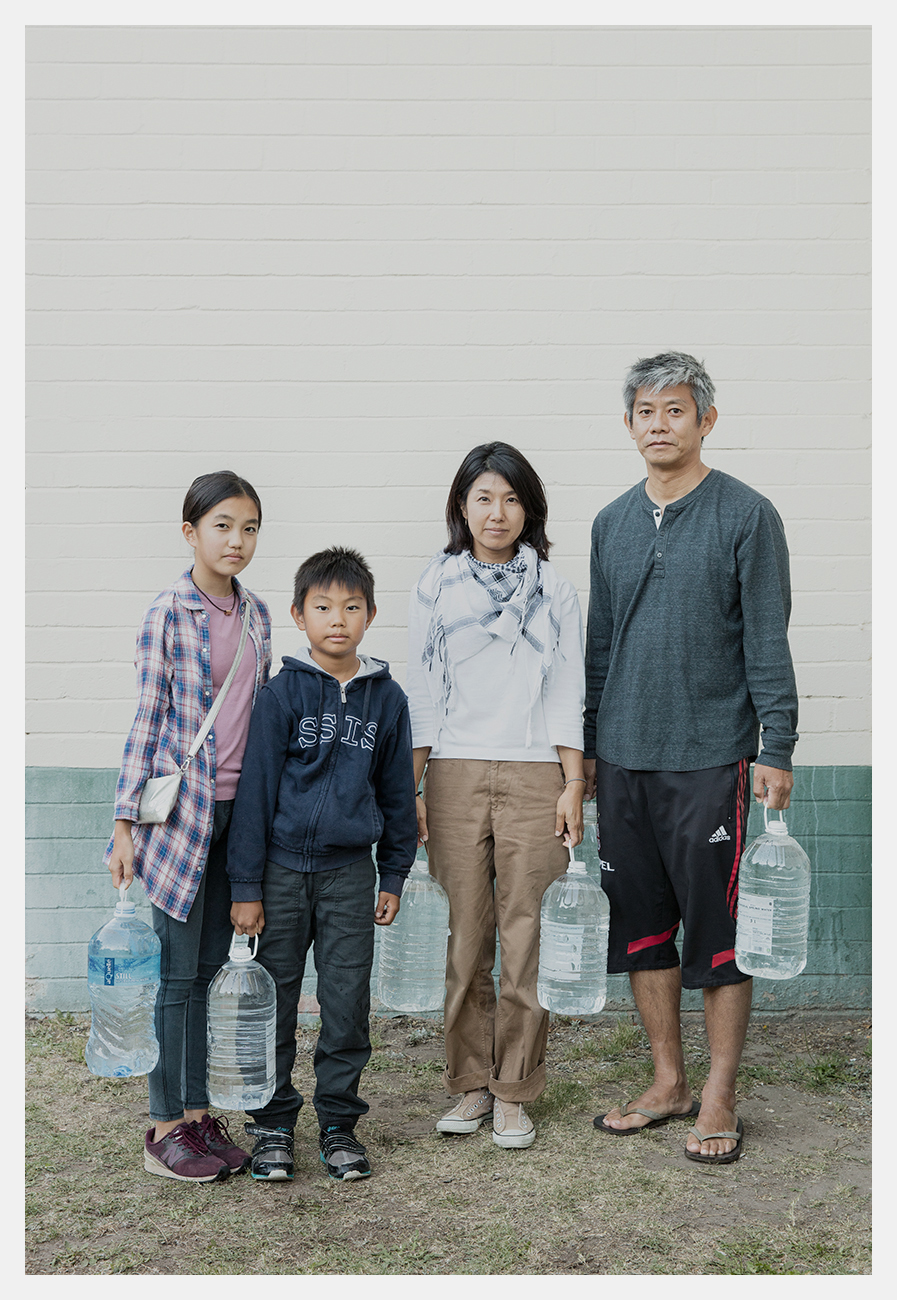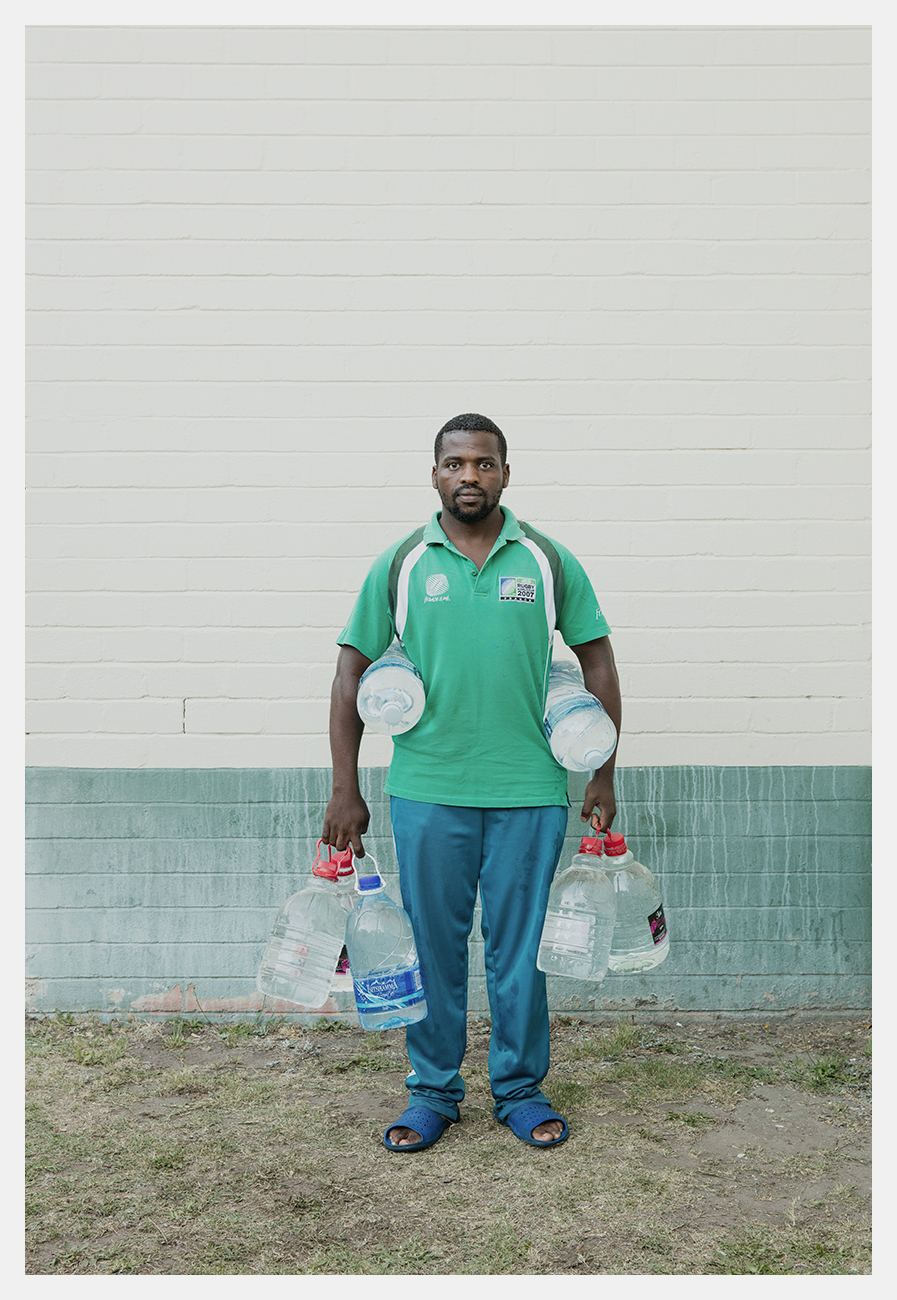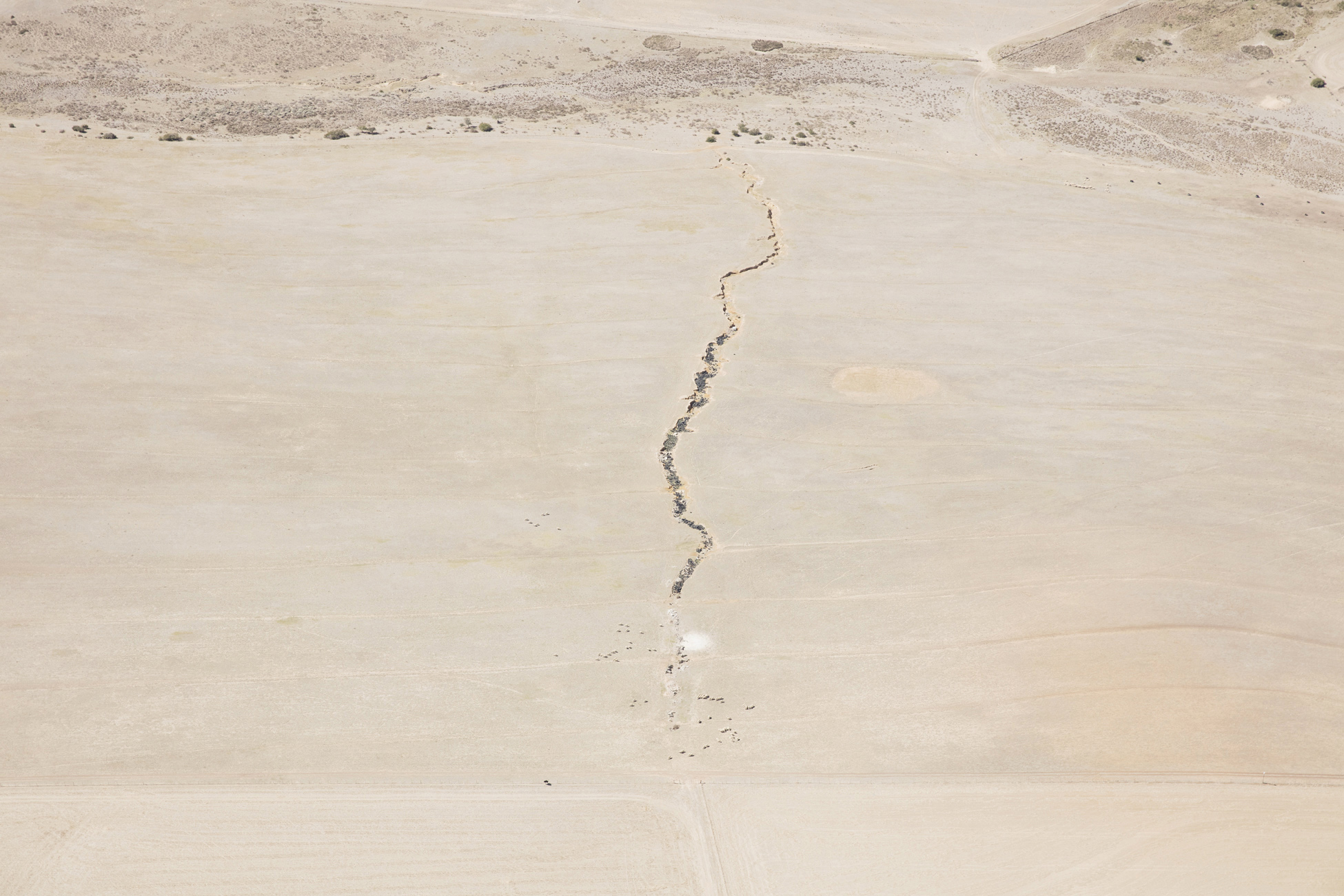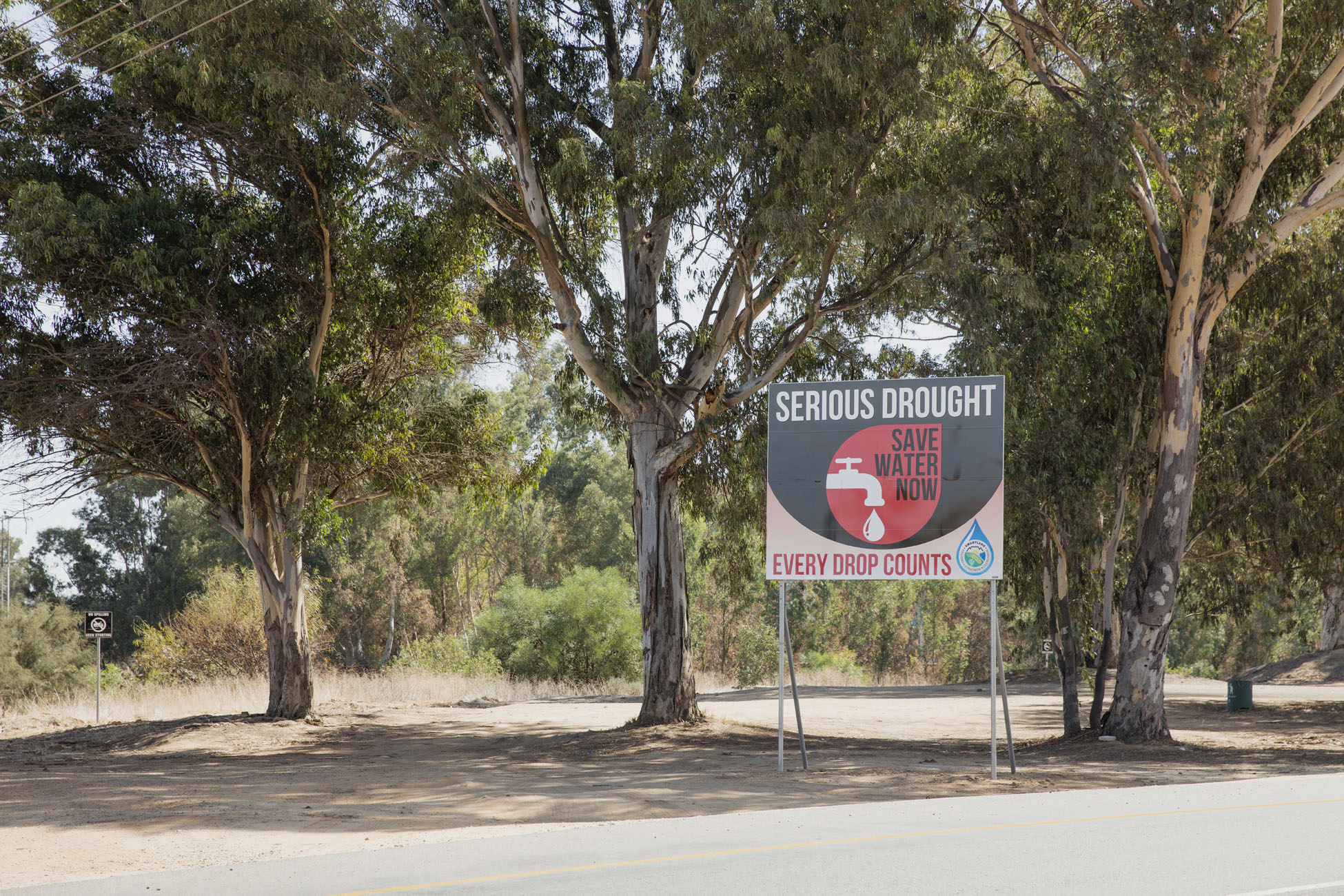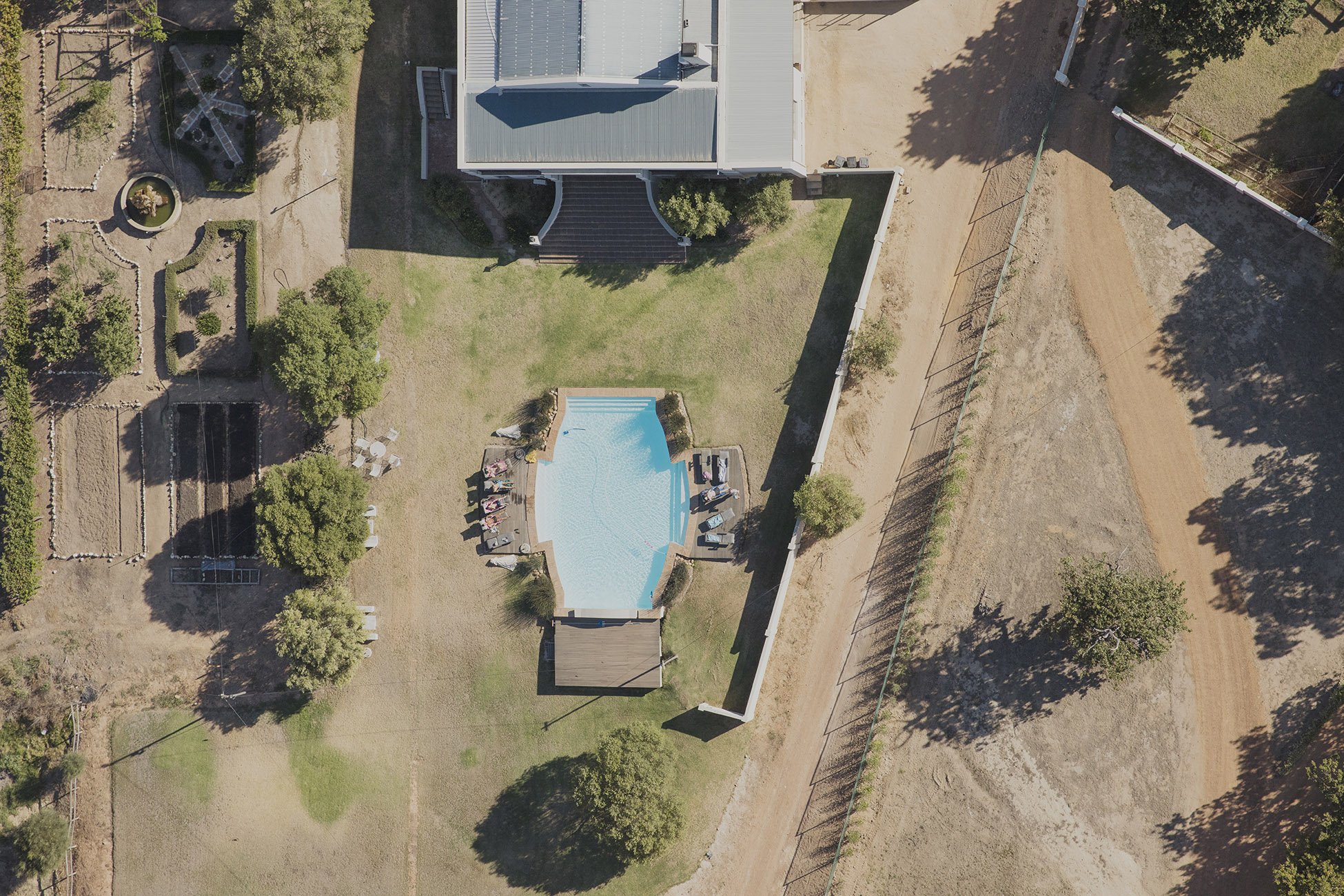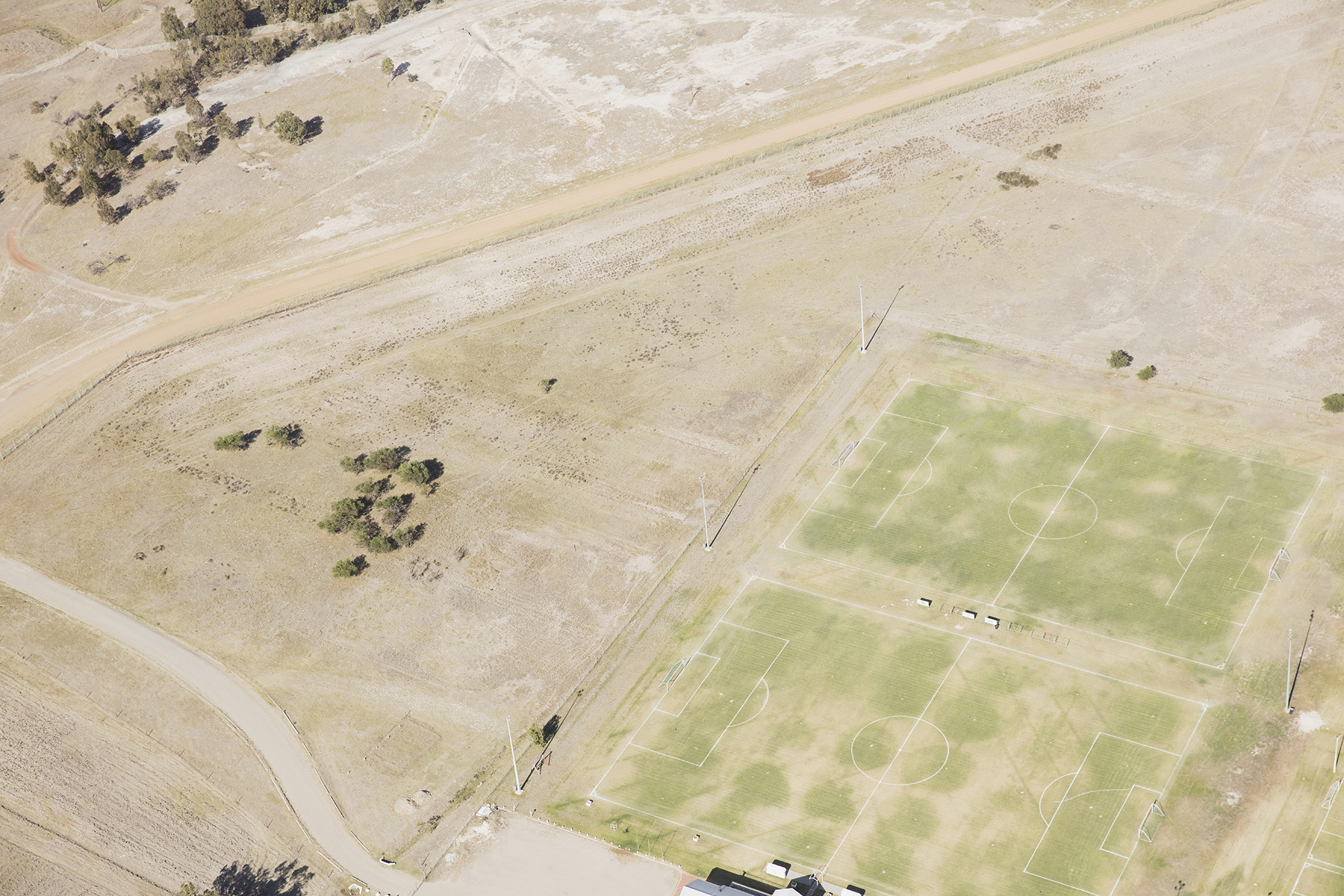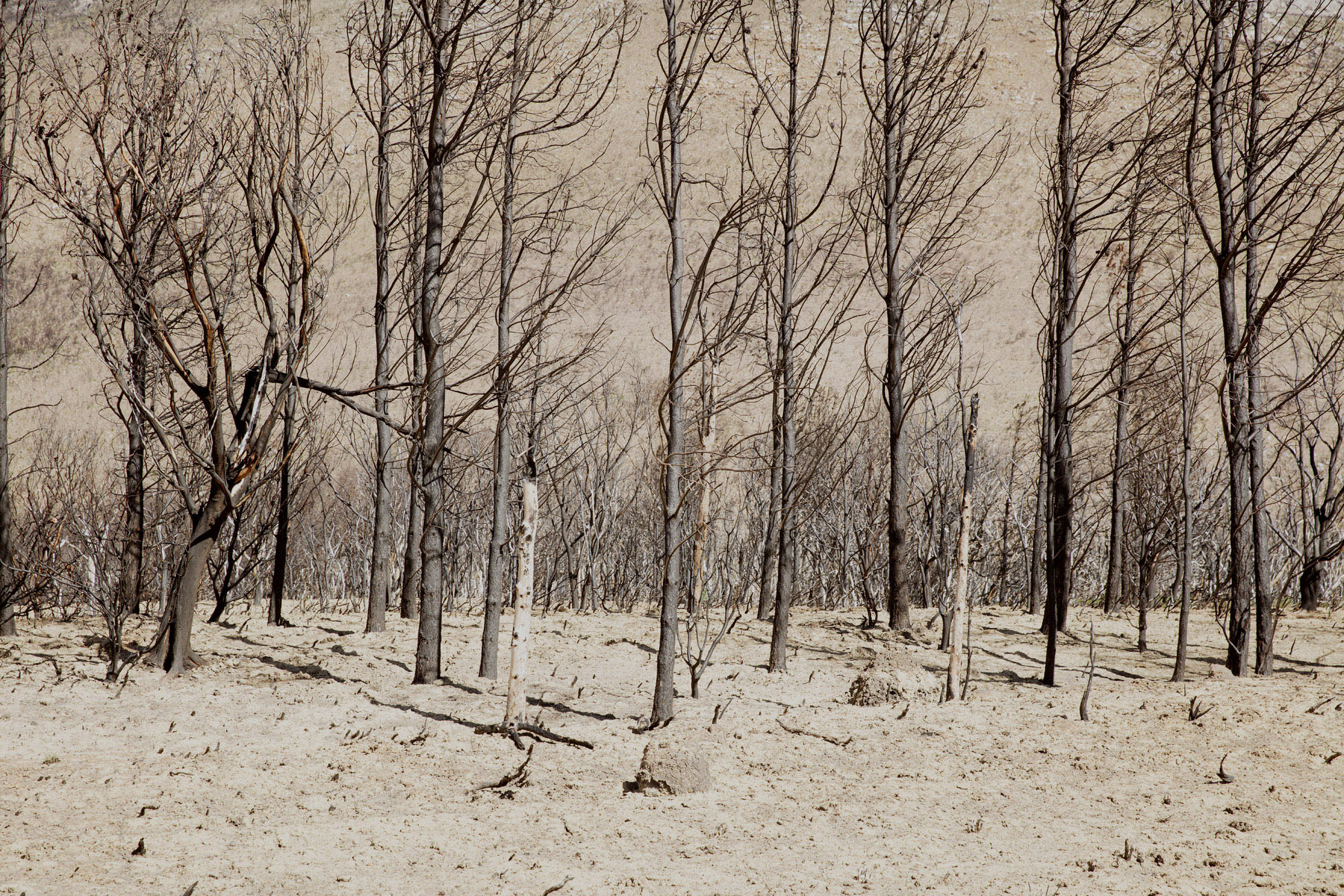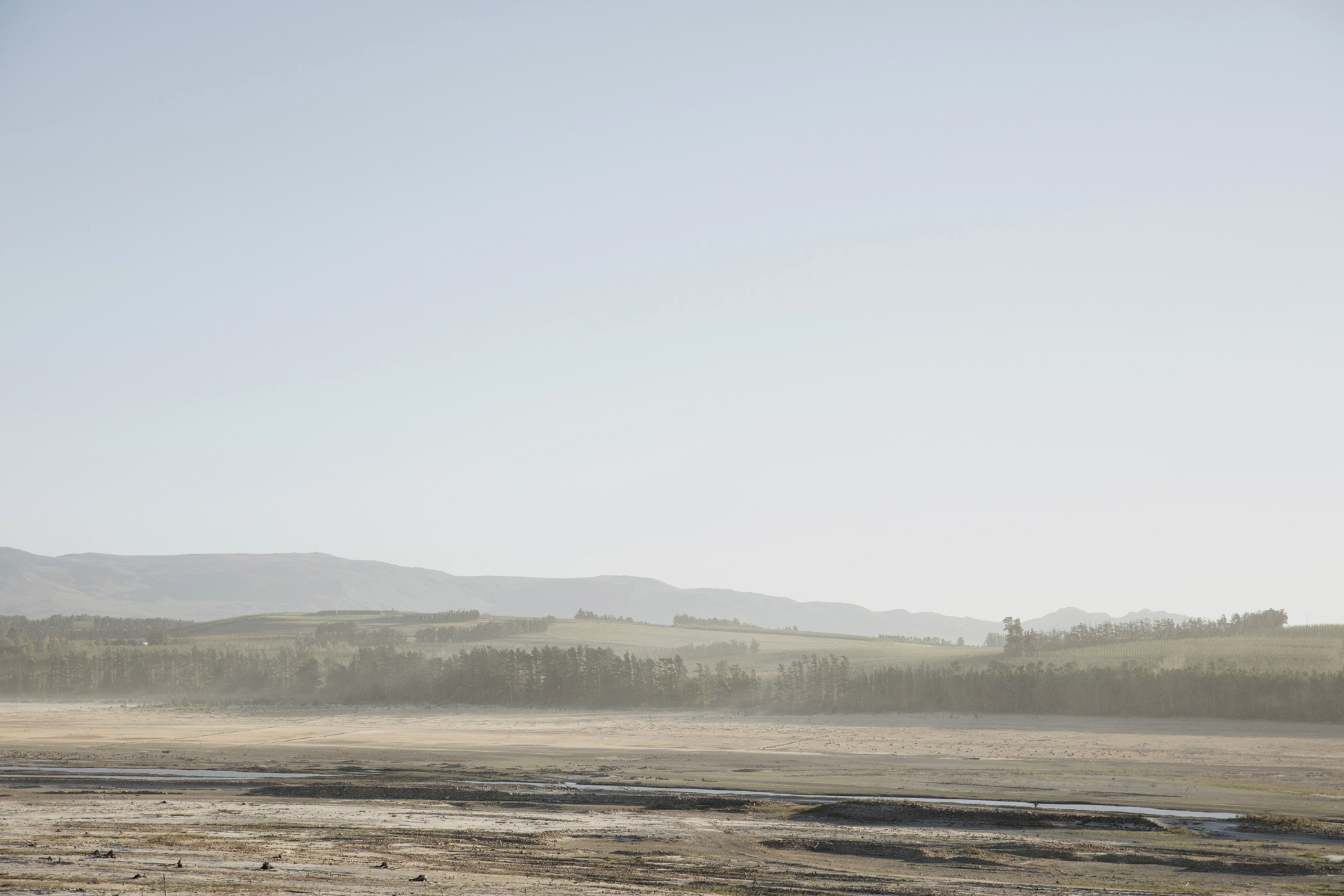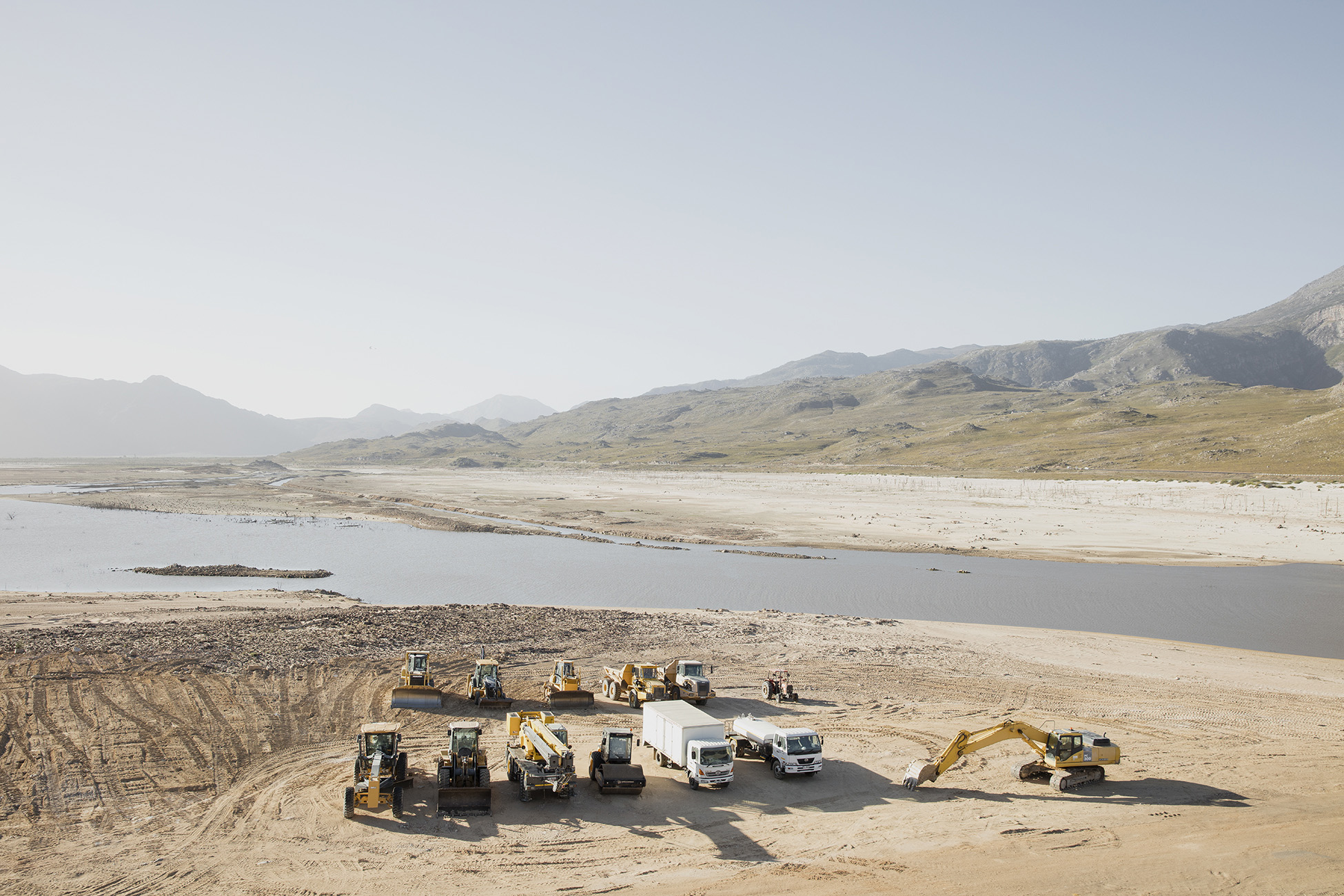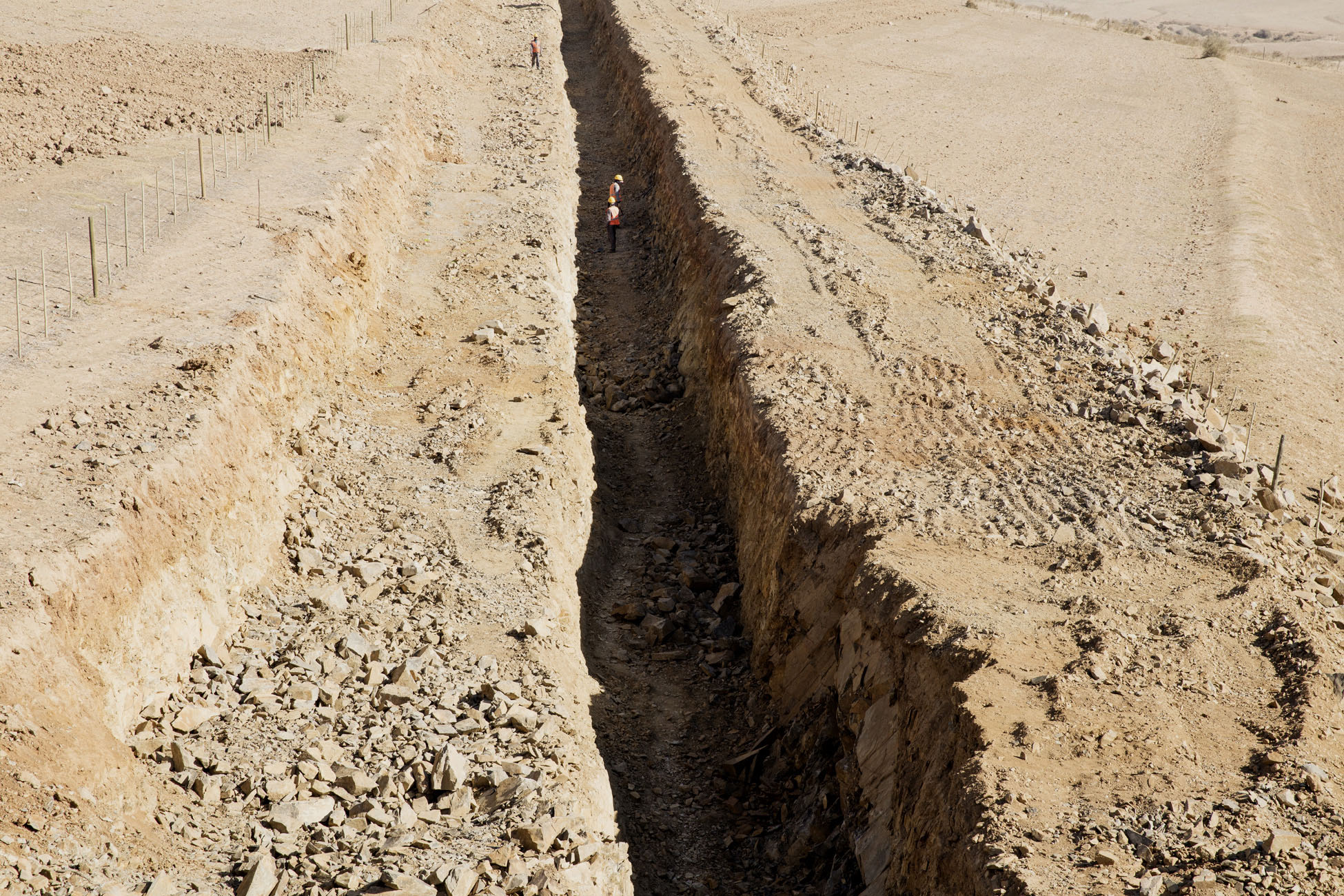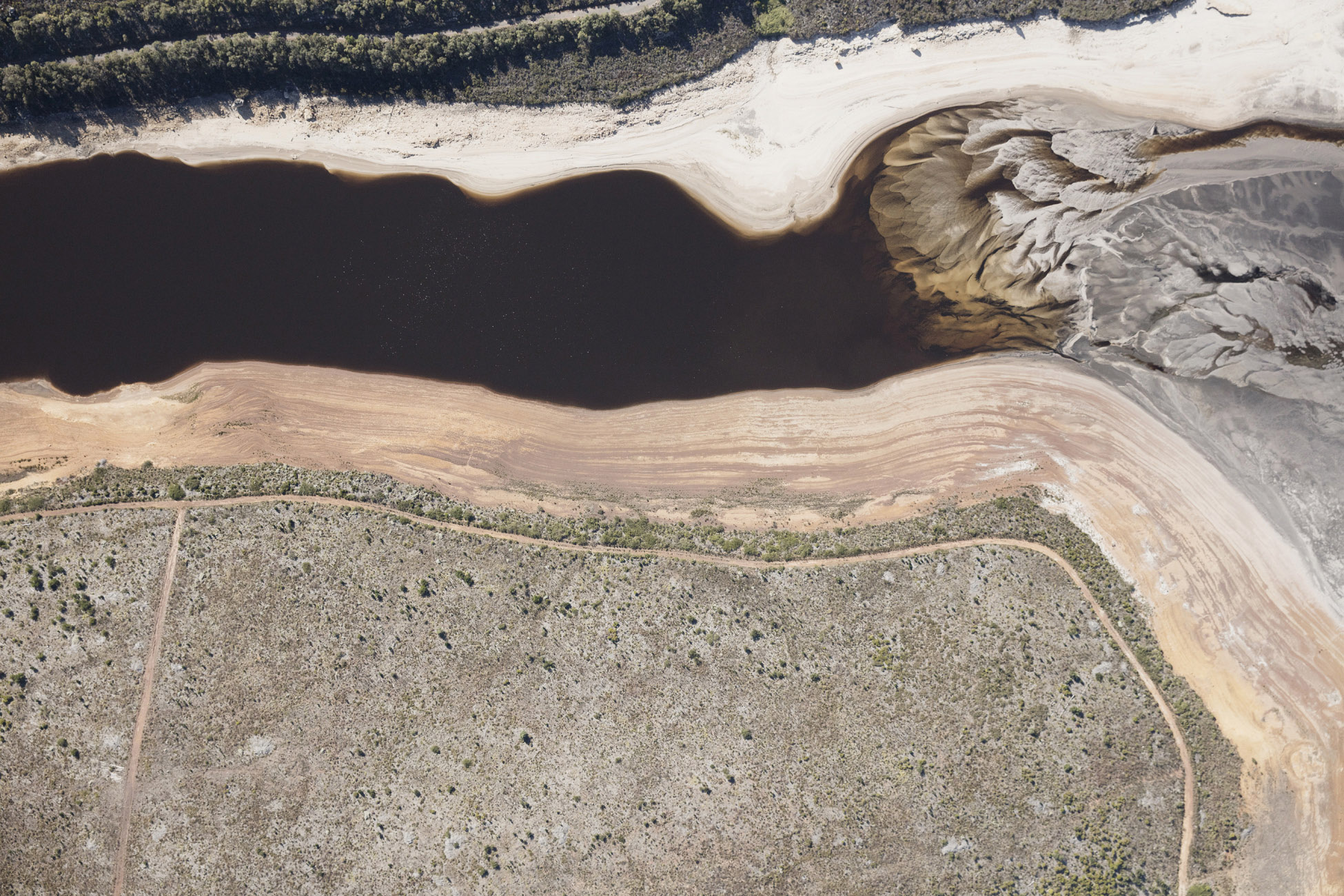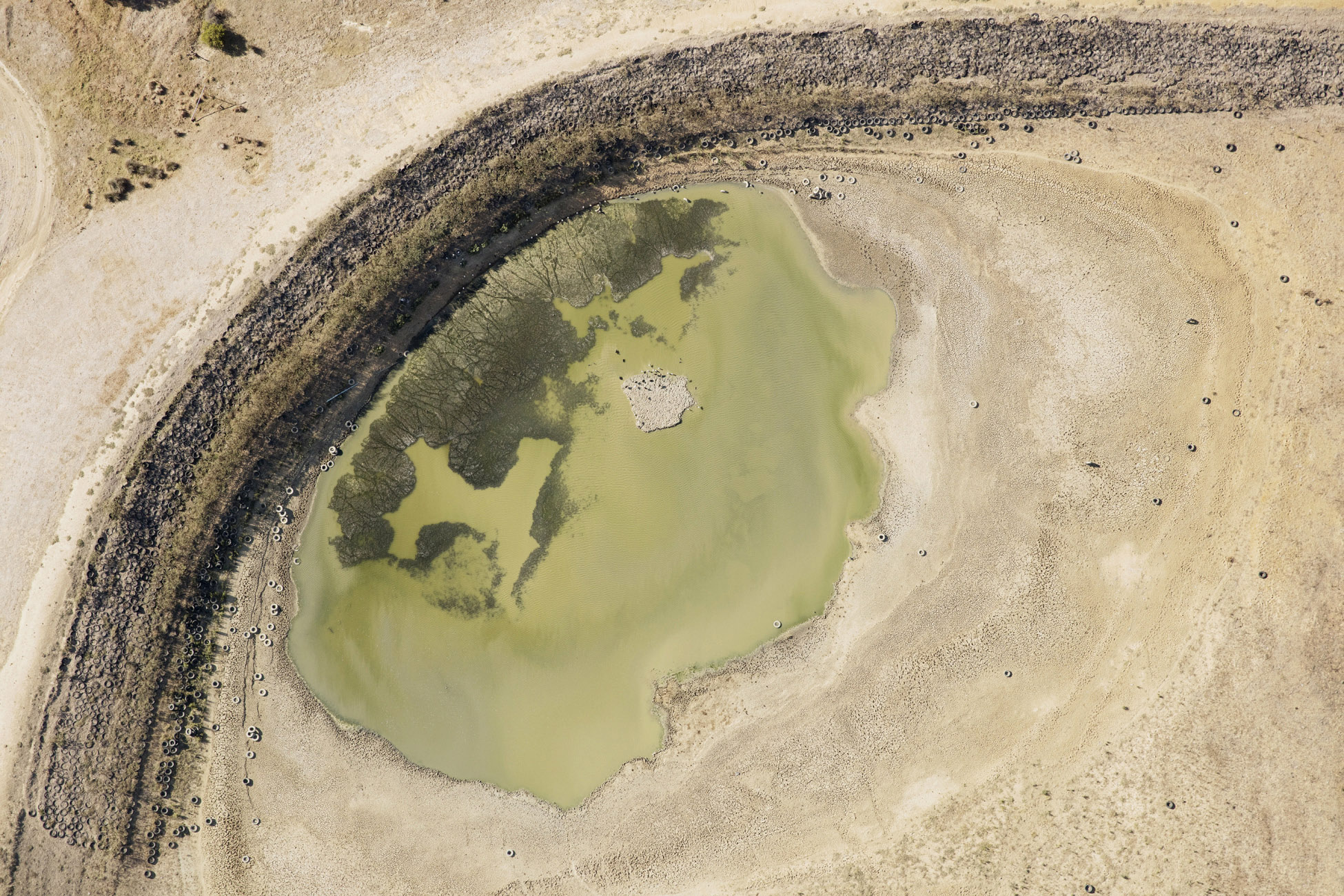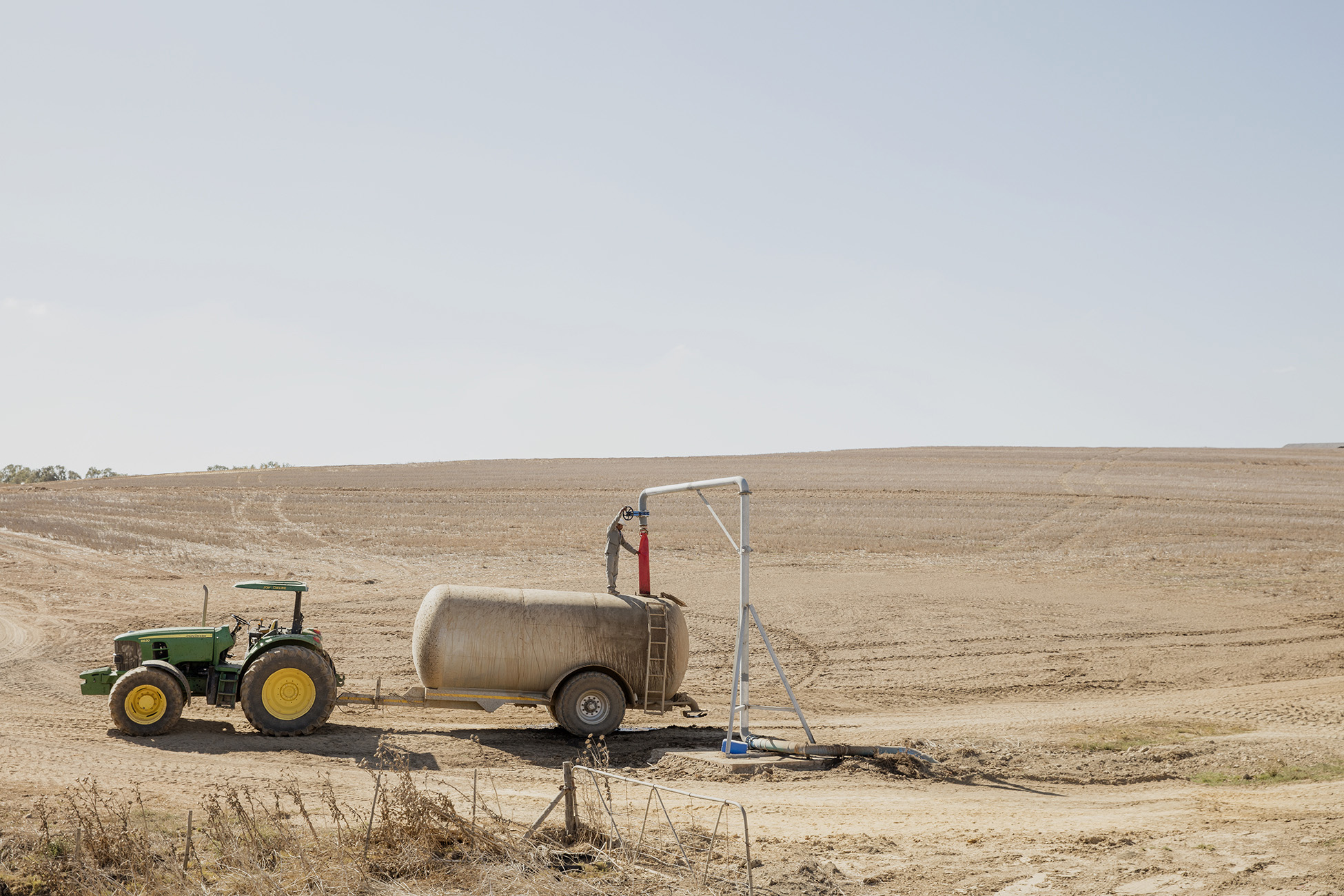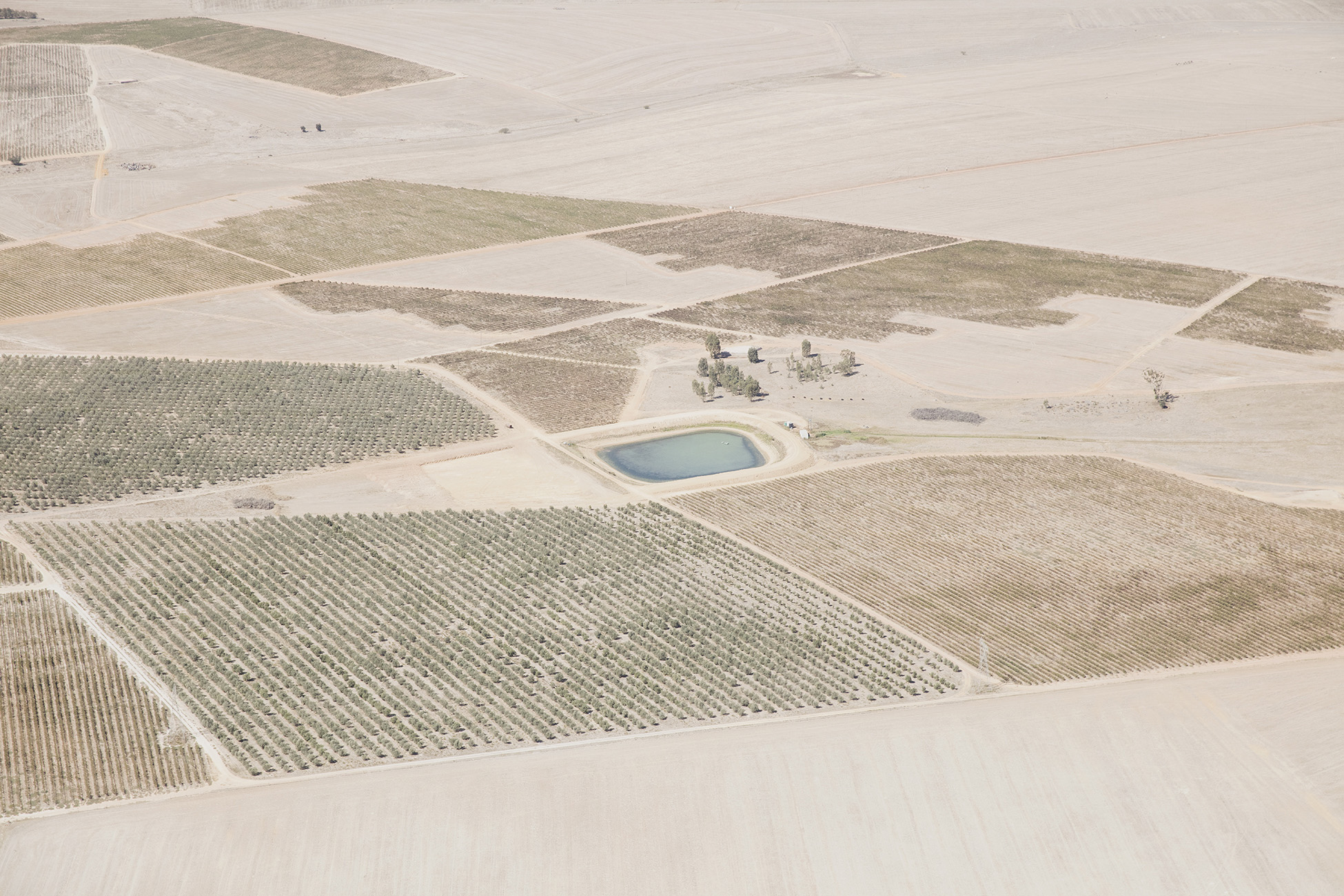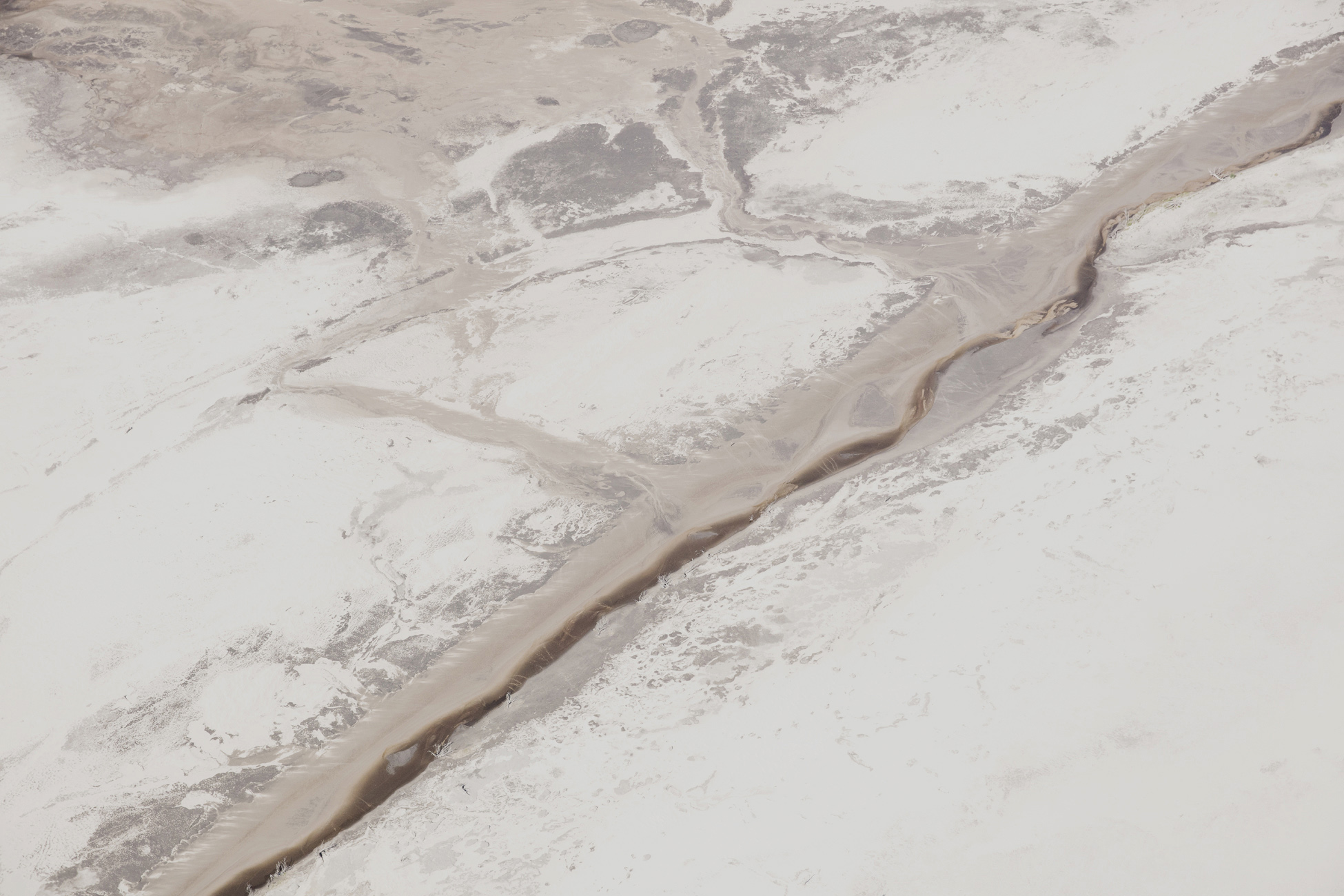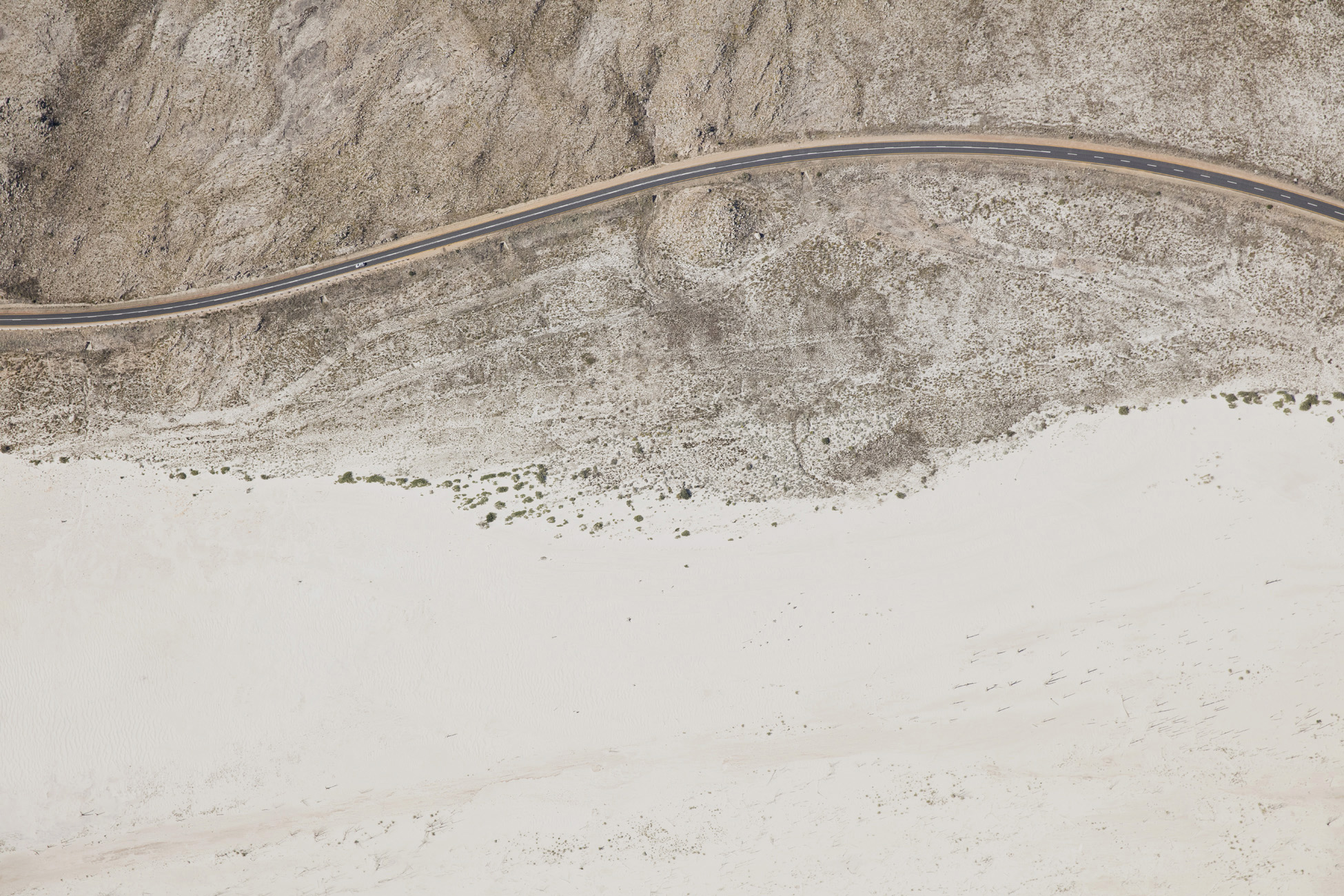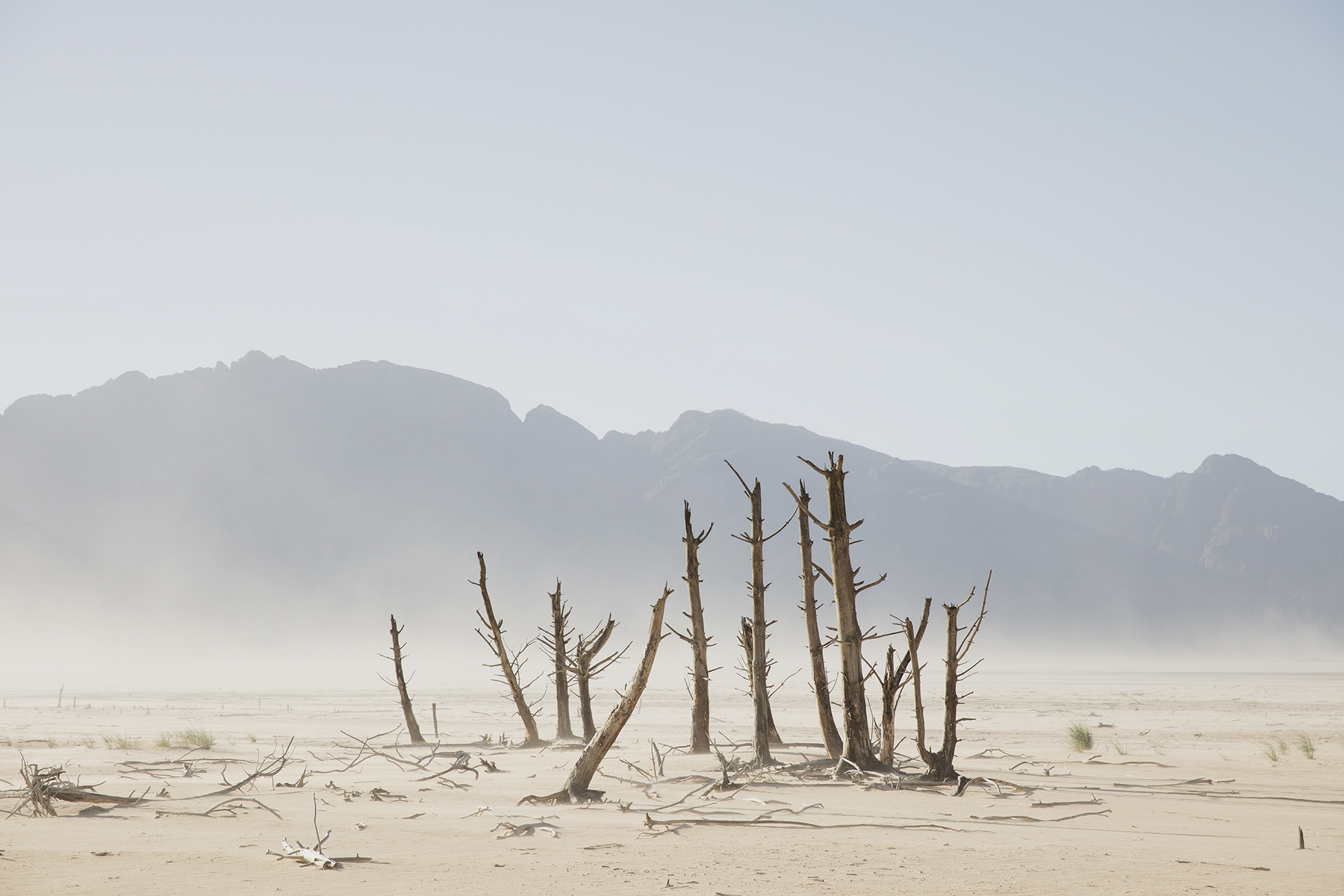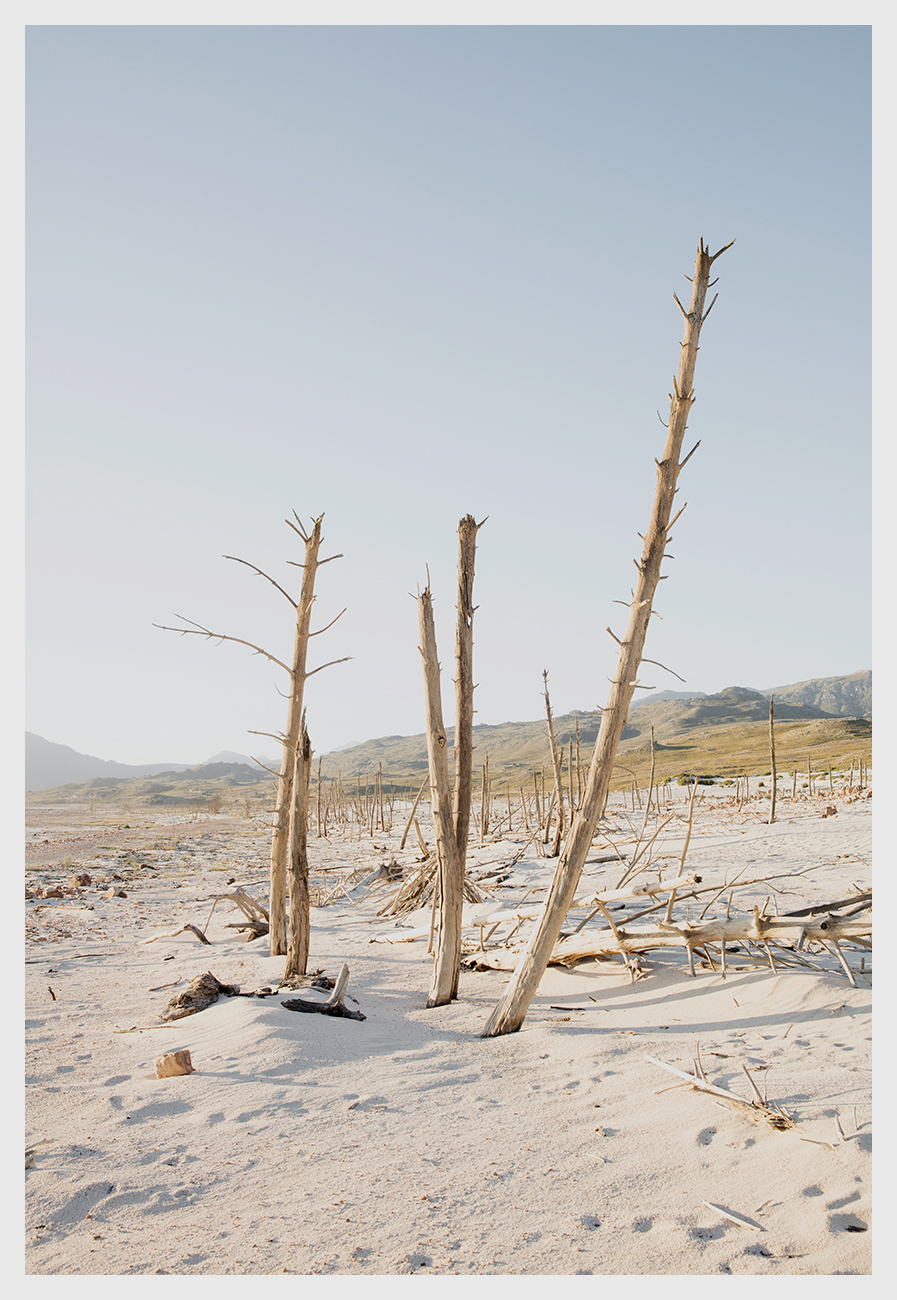What if there was no drinking water available to you and your family, what if the taps to your home were switched off. Imagine the idea of having to queue for hours in lines in order to collect your daily consumption of water, now imagine that this is not happening in the underdeveloped world but is a very real imminent possibility in developed cities around the world.
A number of heavily populated cities around the world are facing these huge problems and are having to undertake extreme measures to try to curb these situations becoming a reality, cities such as Jakarta, Mexico City, Melbourne, Sao Paulo and most recently in the news Cape Town.
Cape Town had to impose water restrictions in early 2018 as the city faced it’s worst drought in over a century, which lasted three years and severally dented the cities water supplies. Cape Town receives it’s water supplies from six main dams, the largest being TheeWatersKloof Dam, Nasa data taken recently suggests the dams being at 26% capacity with Theewaterskloof being the worst affected. City officials planned to cut off the taps when the water level hits 13.5%. This date when the taps were to be switched off and people would have their water supply severely limited ( 25ltrs a day ) is referred to as “Day Zero” On February the 5th 2018 officials announced that the date for “Day Zero” would be May the 11th 2018.
A number of circumstances come together to create this so called, perfect storm, which left Cape Town facing this unenviable and potentially tragic situation. Cape Town has won numerous international awards for the way it has dealt with water consumption, for example charging large users to pay more and promoting water efficiency, plus Cape Town in lots of ways is a particularly prosperous city with world renowned wine and agricultural industries and swimming pools and parks dotted all over. Though the city is still hugely contradictory after many years of apartheid and there are still large impoverished settlements, which are at the forefront front of official’s minds. These officials / governments were warned of this potential water crisis over a decade ago, though they deemed and hoped that water would continue to fall as in the past and perhaps did not fully take into account potential side affects and the ever increasing problem of climate change amongst other factors such as infrastructure and a expanding population.
In late 2017 into 2018 officials and the public undertook a number of schemes in the hope of avoiding the problem. Desalination Plants began construction to allow the potential for seawater to be turned into drinking water, they drilled regularly to find the best pressure points to access the worlds second largest aquifer which runs along the peninsula, though this still remains a work in progress with potential side affects and repercussions. One of the more outstanding achievements garnered by the city and it’s people, is that from 2017 to 2018 Cape Town reduced it’s water consumption by almost half through various water saving measures. These included targeting people who used above average water consumption, turning off numerous taps within restaurants, hotels, airports, and having hosepipe bans in place, even simple things such as people not flushing their toilets as regularly ( The city used the slogan “ If it’s yellow let it mellow “ ) Educating the public regularly on water usage within the home, water soon became a hugely topical conversation and remains on the news constantly.
“Day Zero” was fortunately avoided in the end for May of 2018, and with winter around the corner the rains slowly returned and hope arose. Though the city requires above average rainfall this winter, something that hasn’t happened in the last 3 years. People are hopeful, though many sceptics suggest that it’s important Cape Town continues it’s numerous water saving measures in order to avoid the “ Day Zero “ scenario becoming a reality in early 2019.
Globally we are running out of fresh water, in the past 25 years the amount of fresh water per person has gone down by 26%, this issue is affecting Cape Town currently, though countries and cities around the world need to urgently begin looking at themselves as well before “Day Zero” becomes a reality elsewhere.
Assigned by Wetransfer, as part of the Union of Concerned Photographers.
Featured on the Global Citizen Site and featured in FishEye Magazine, France.

